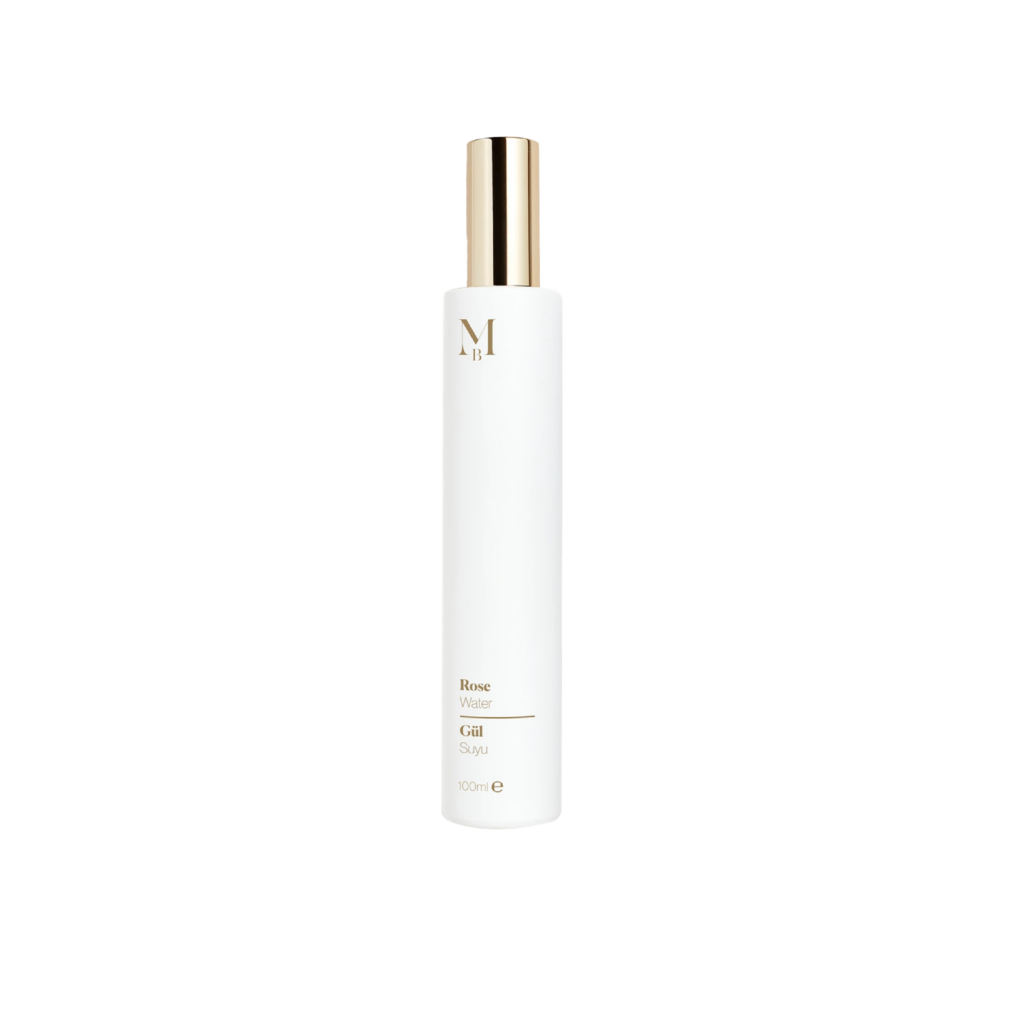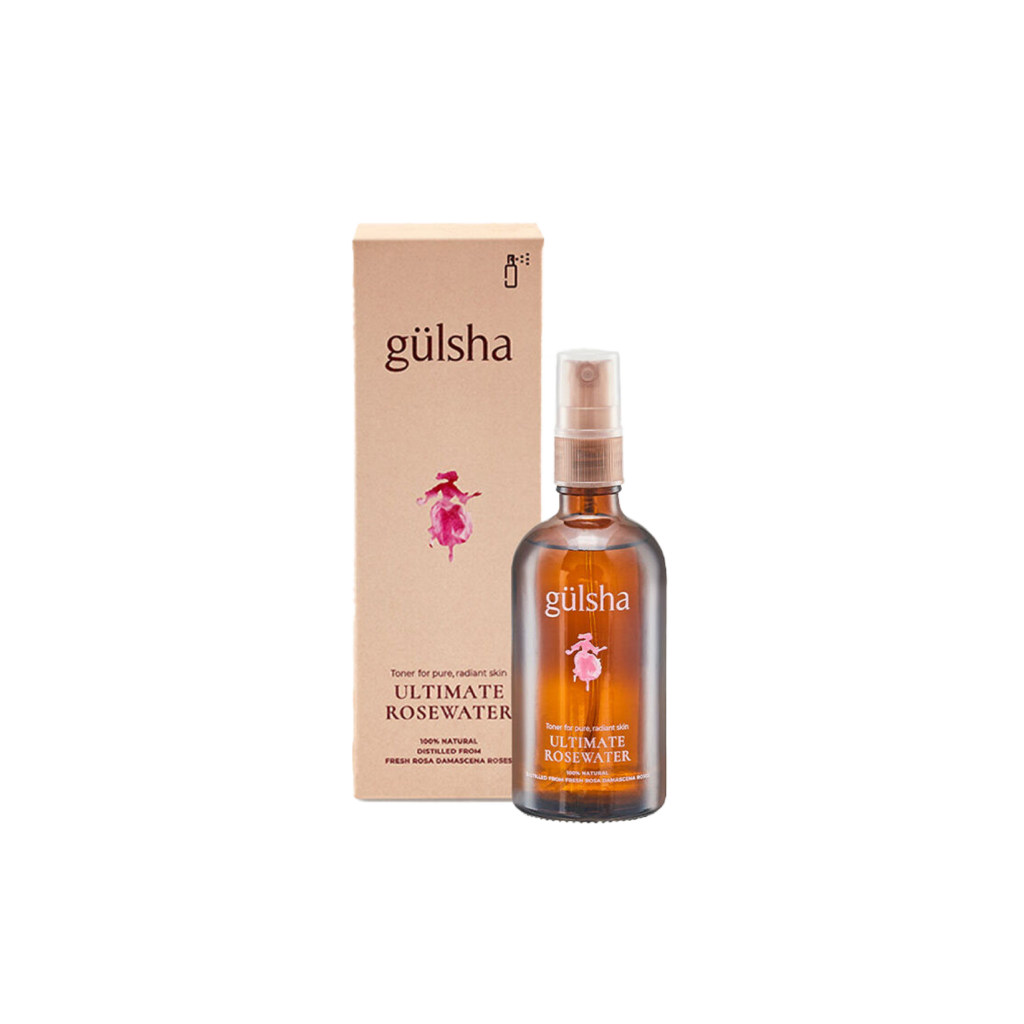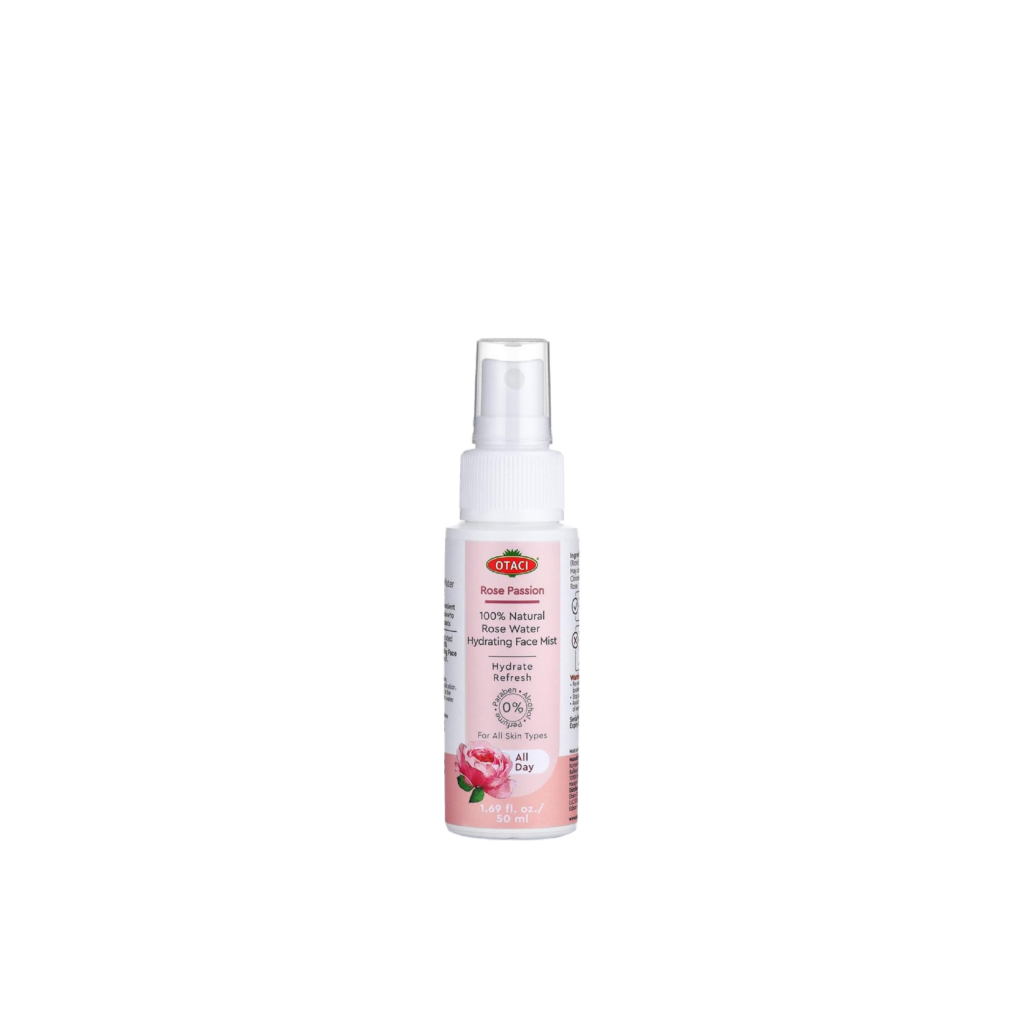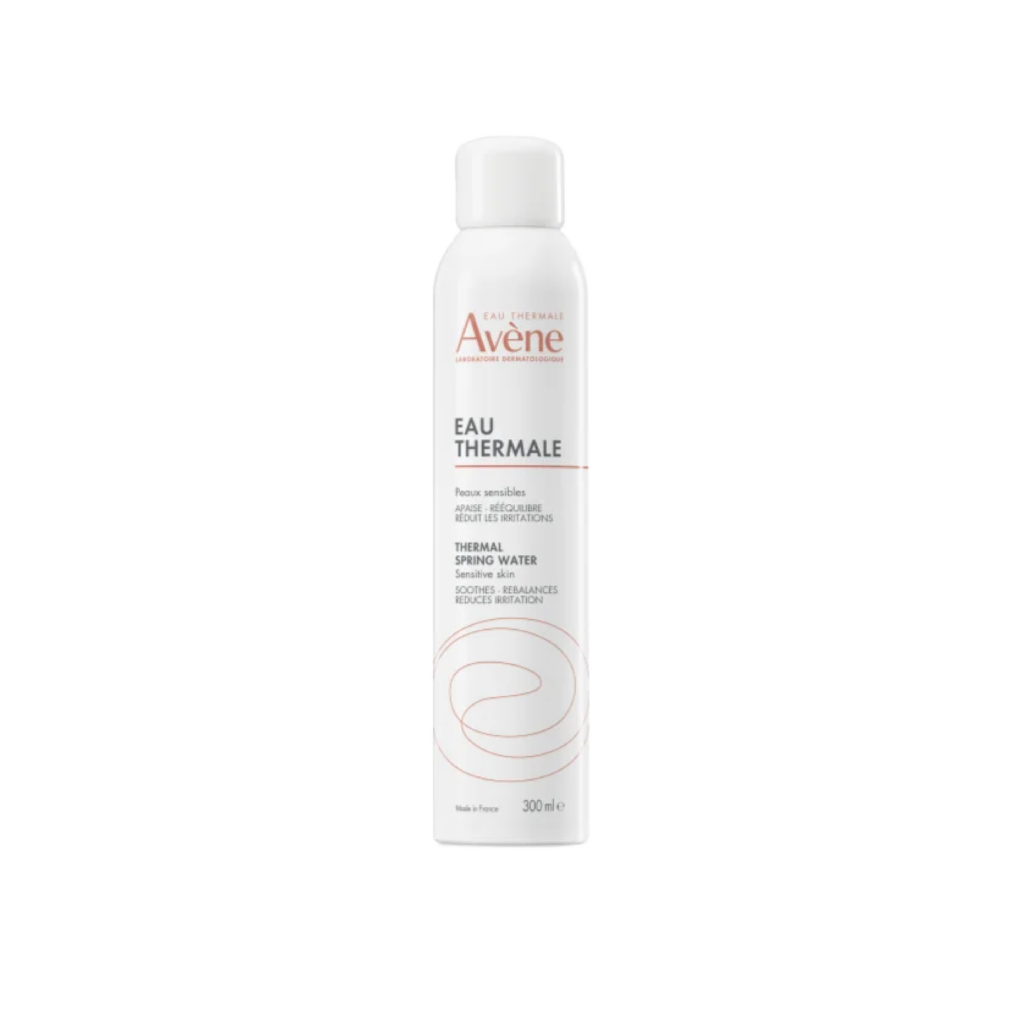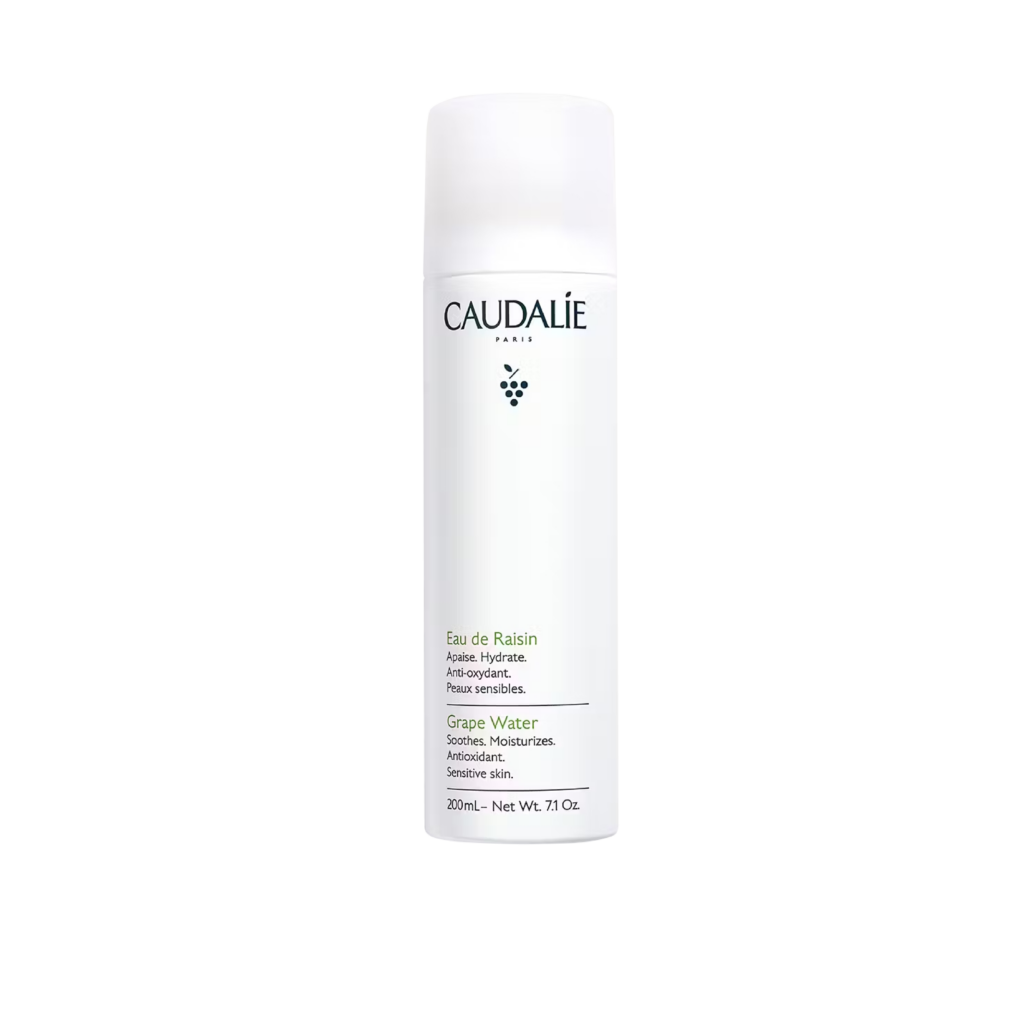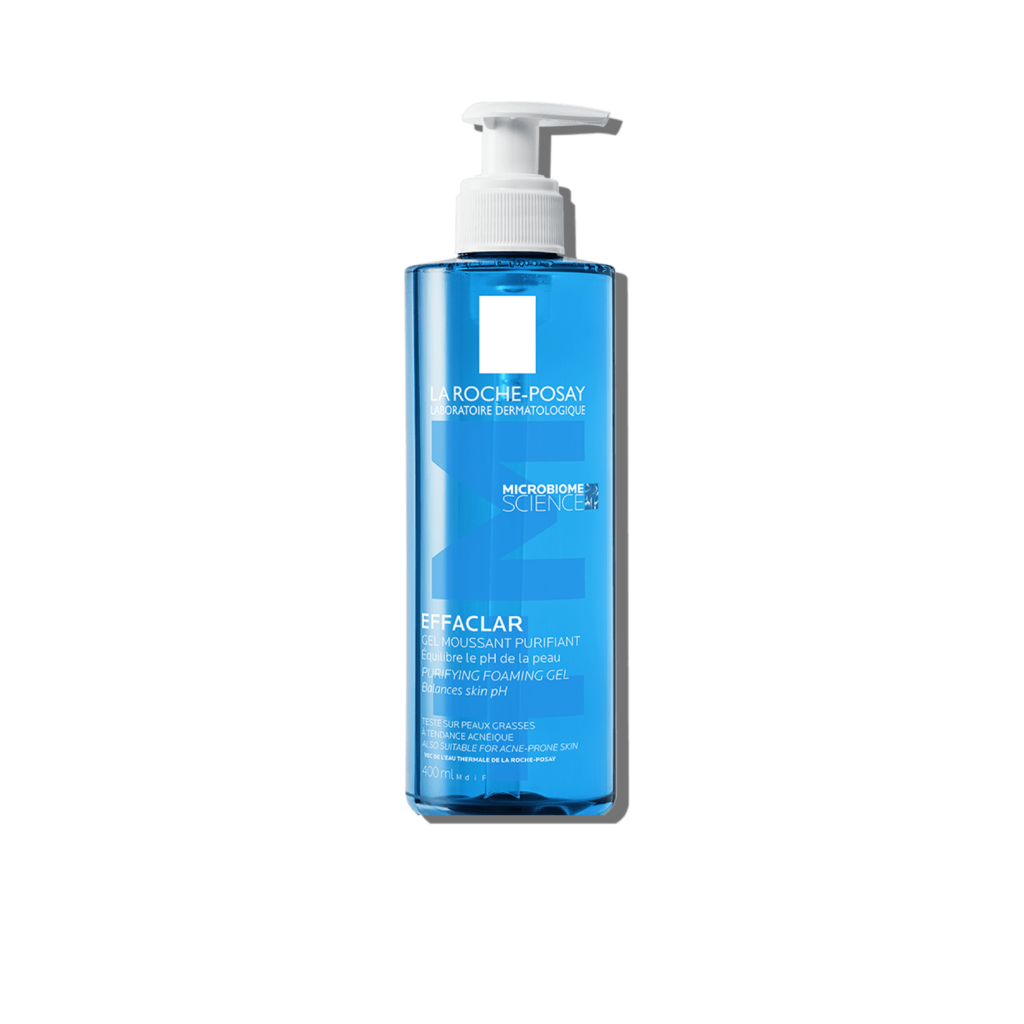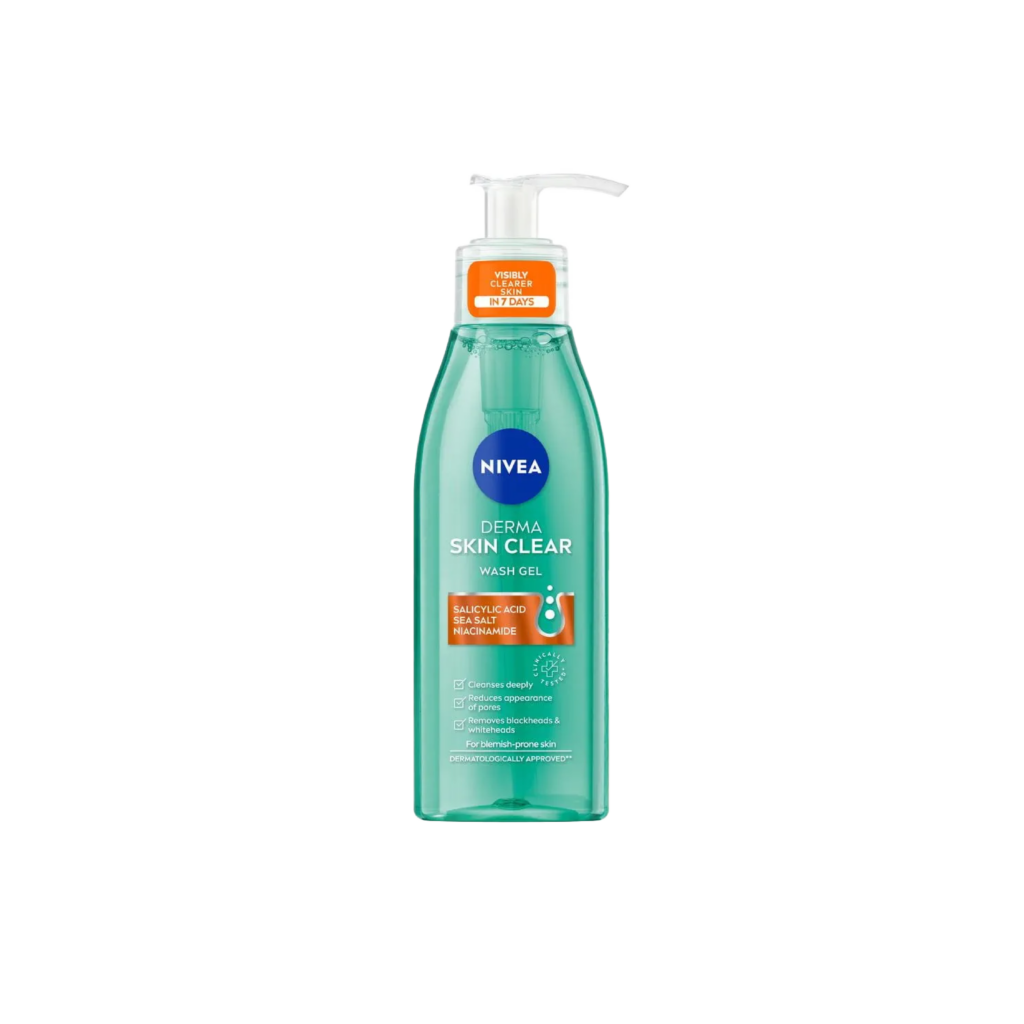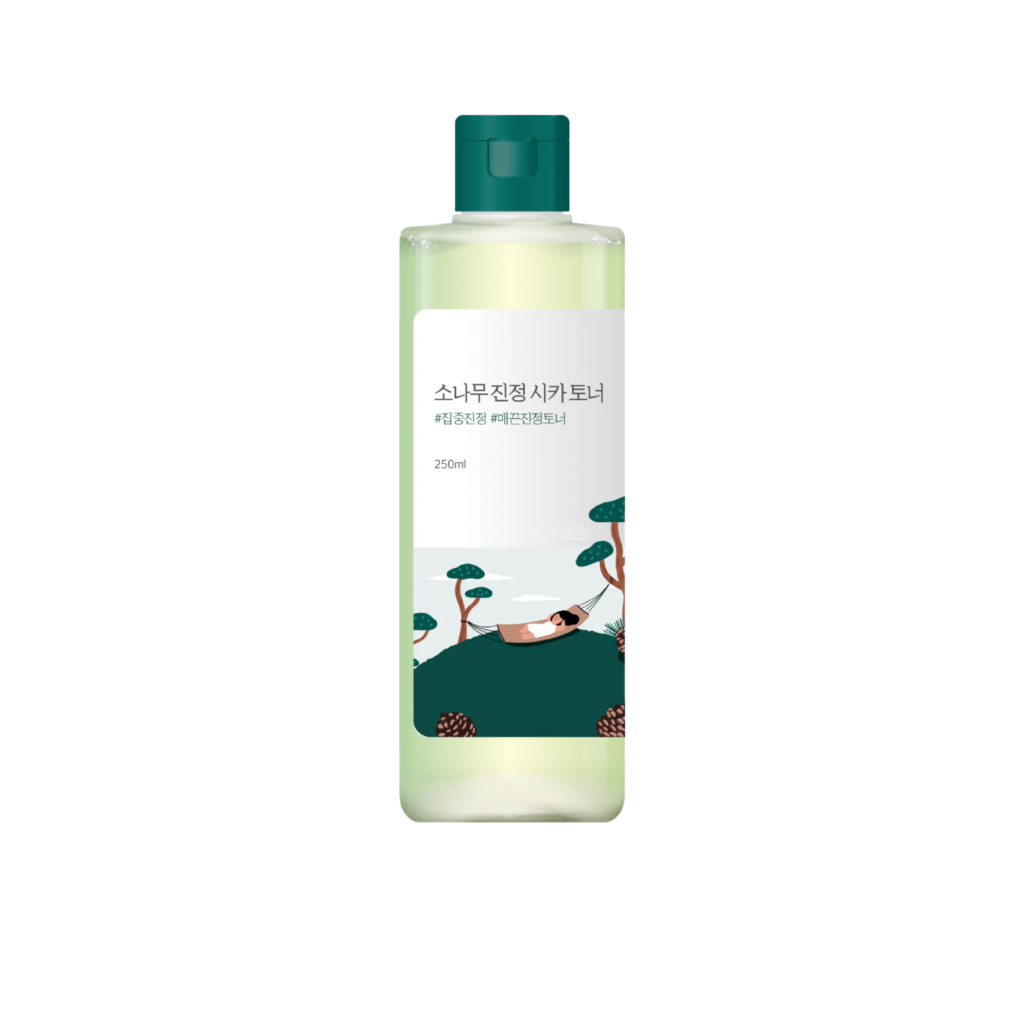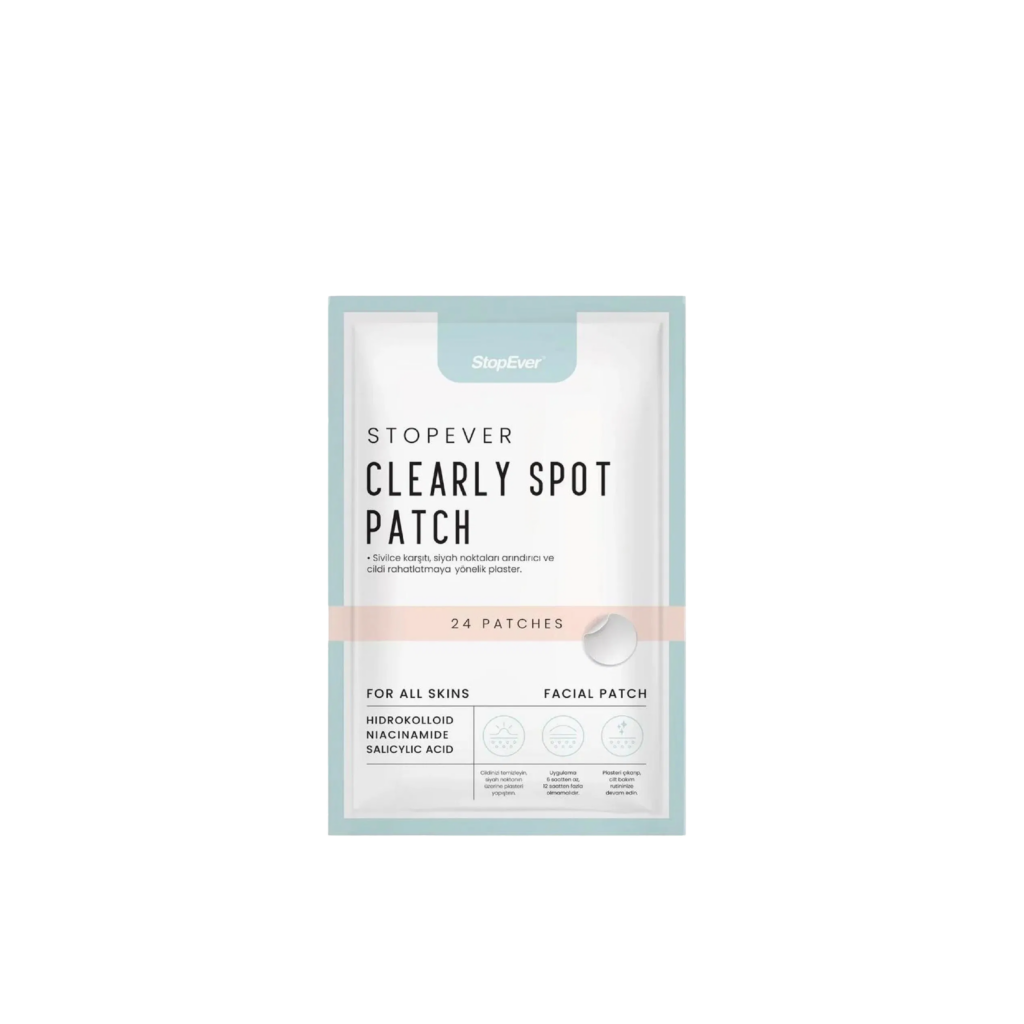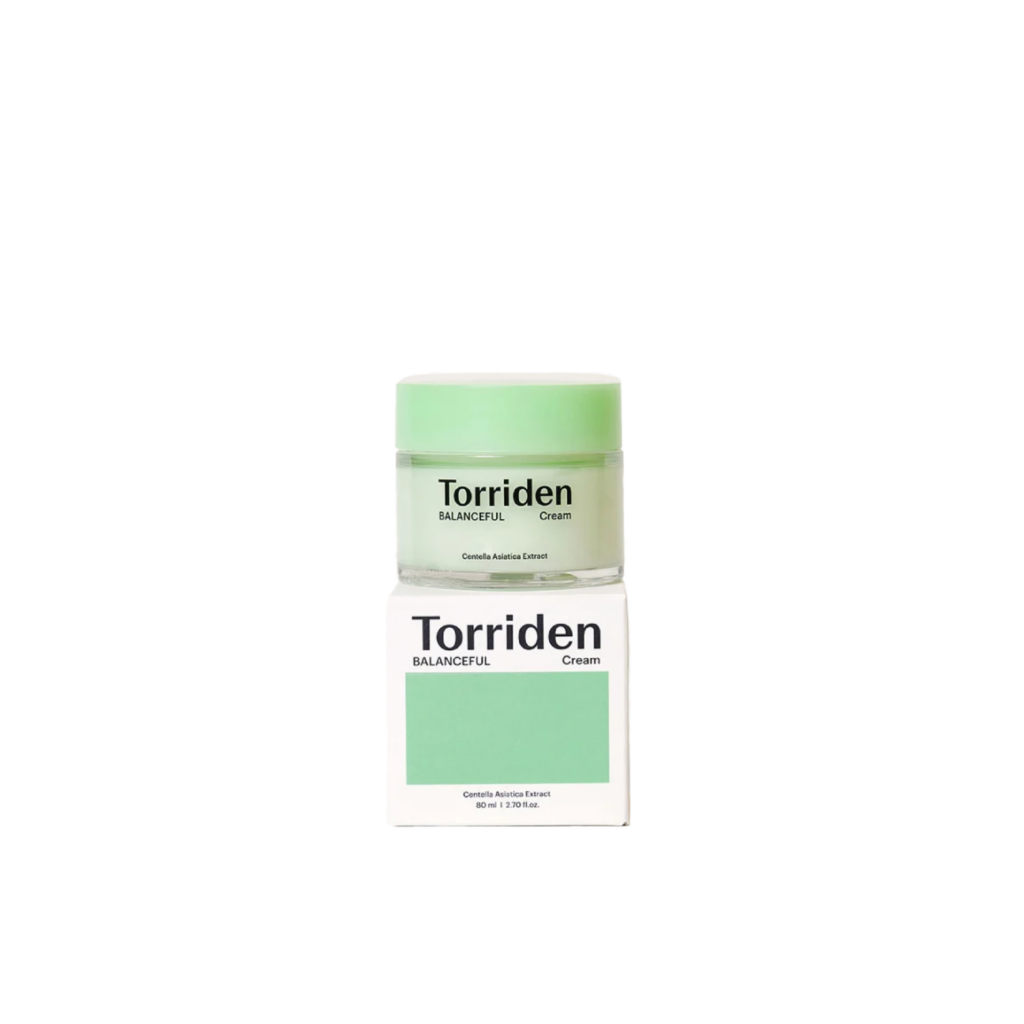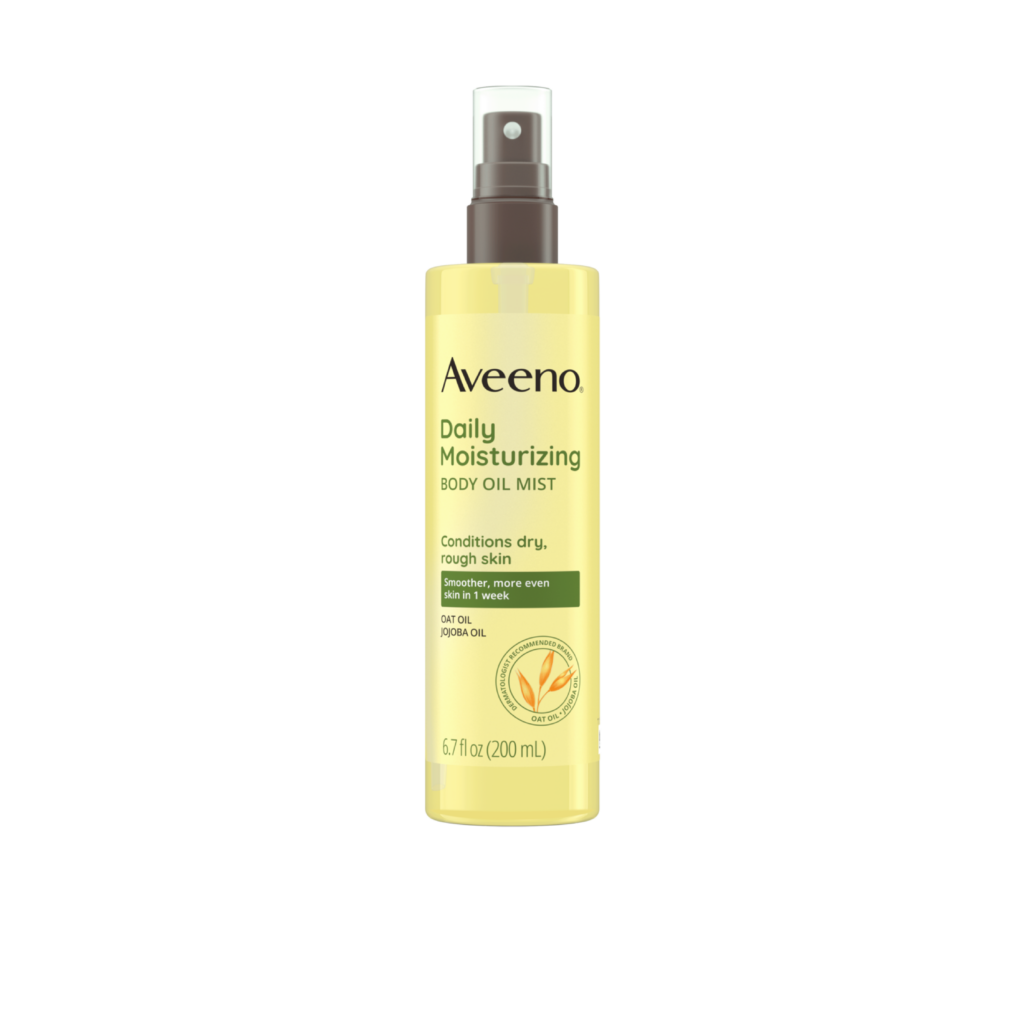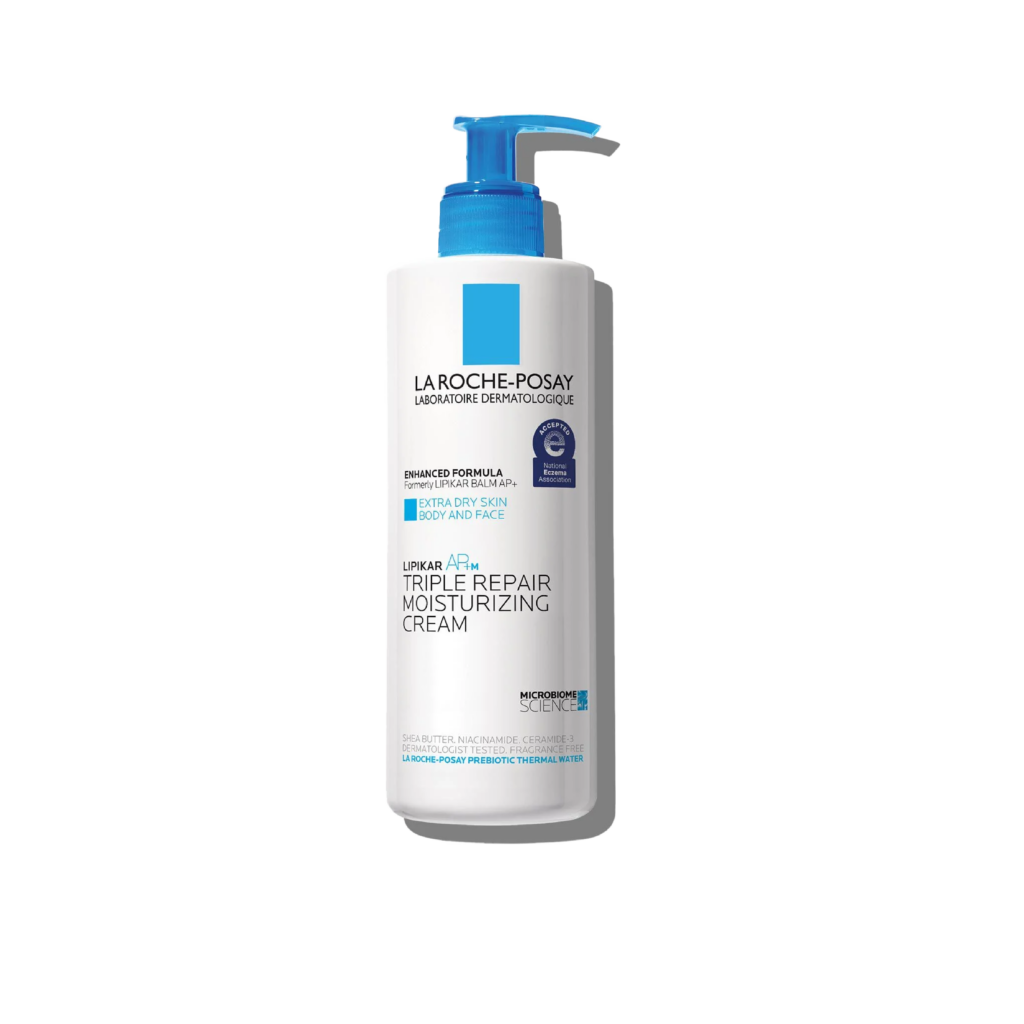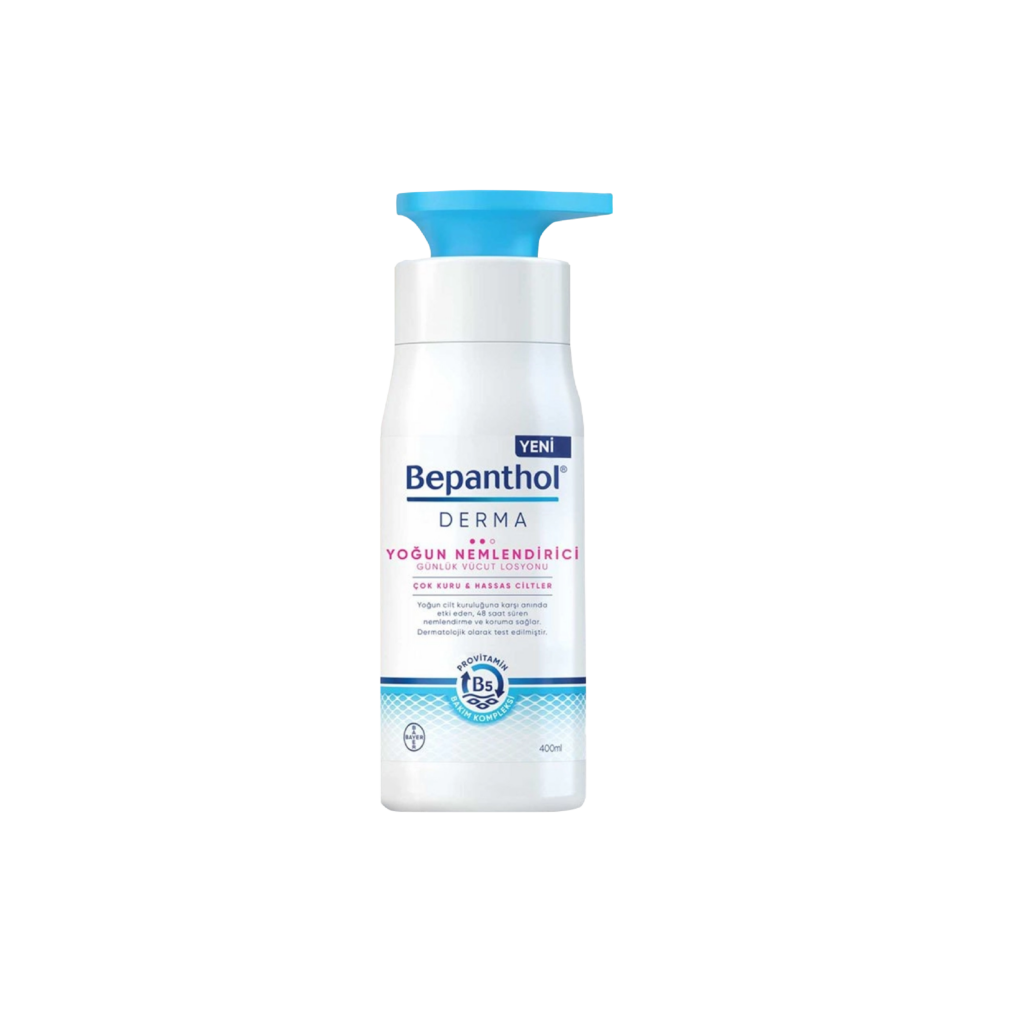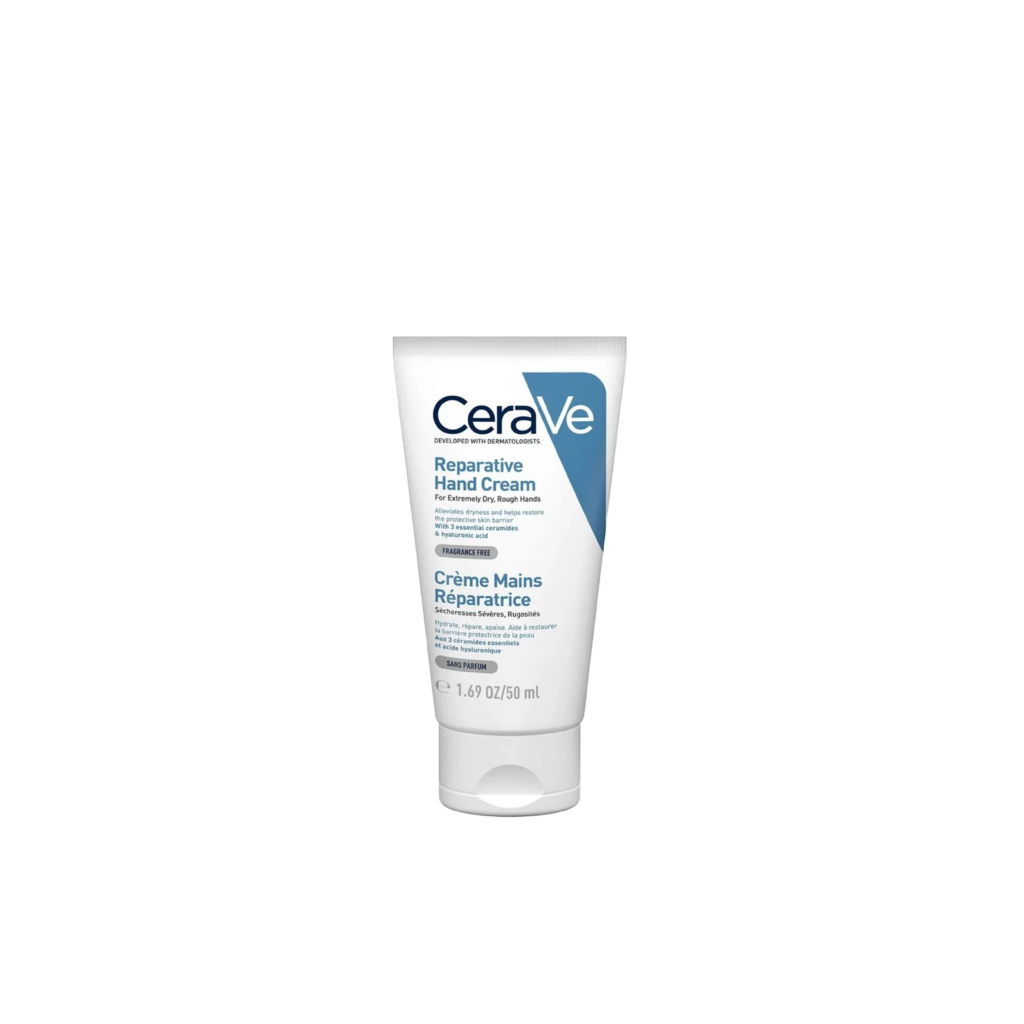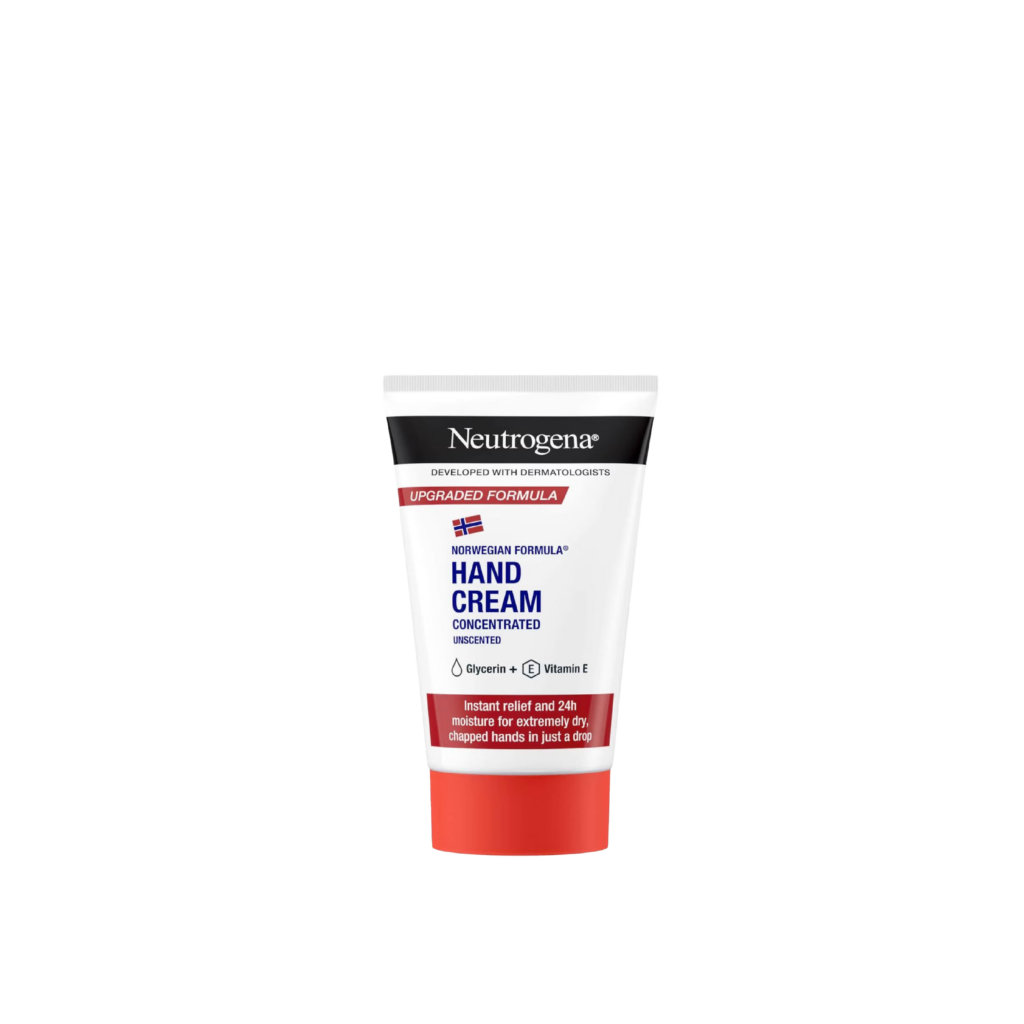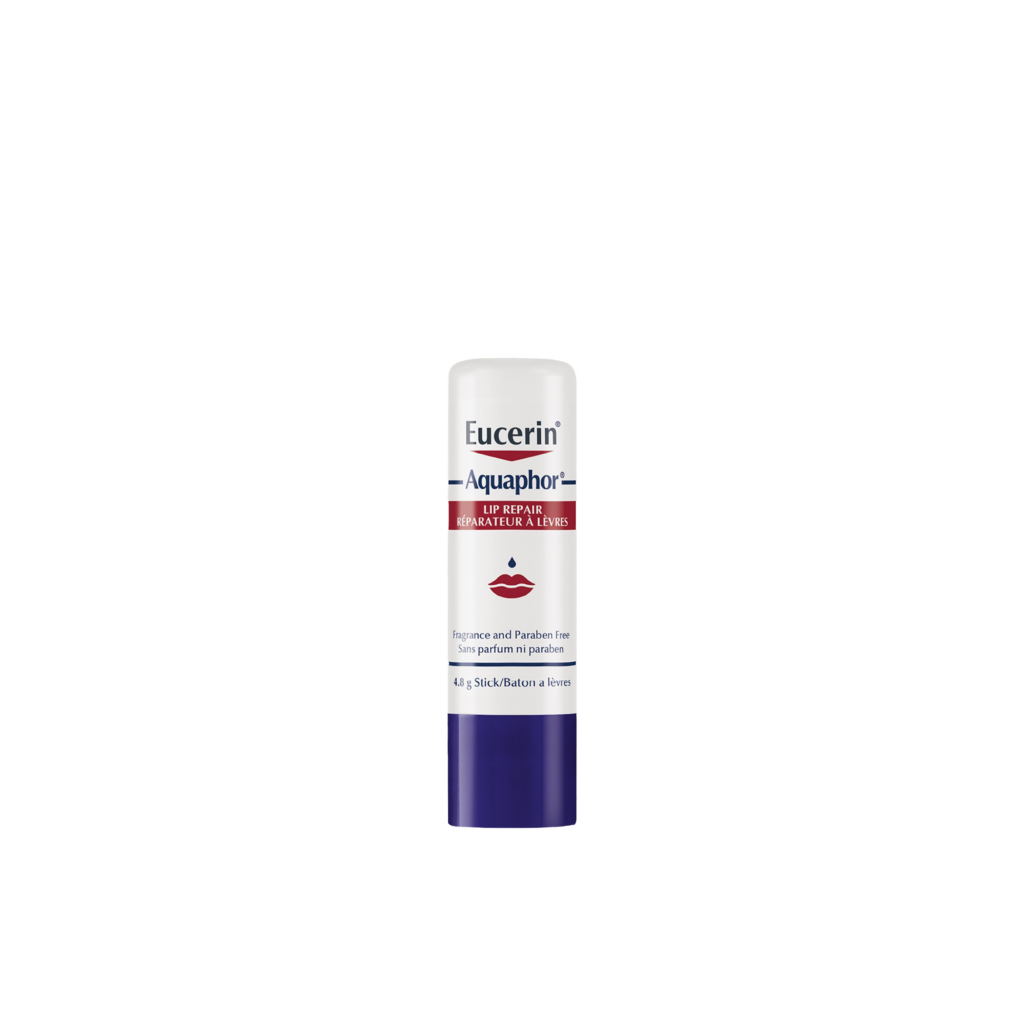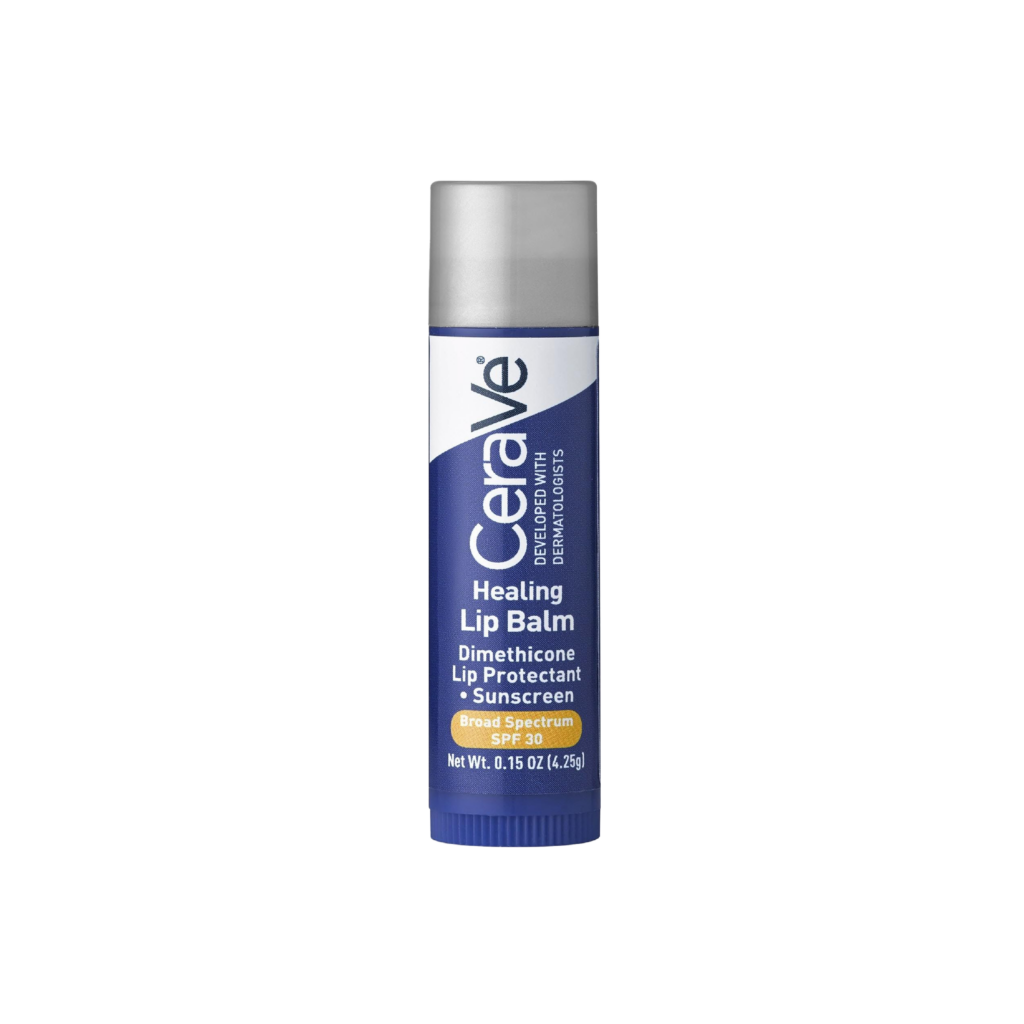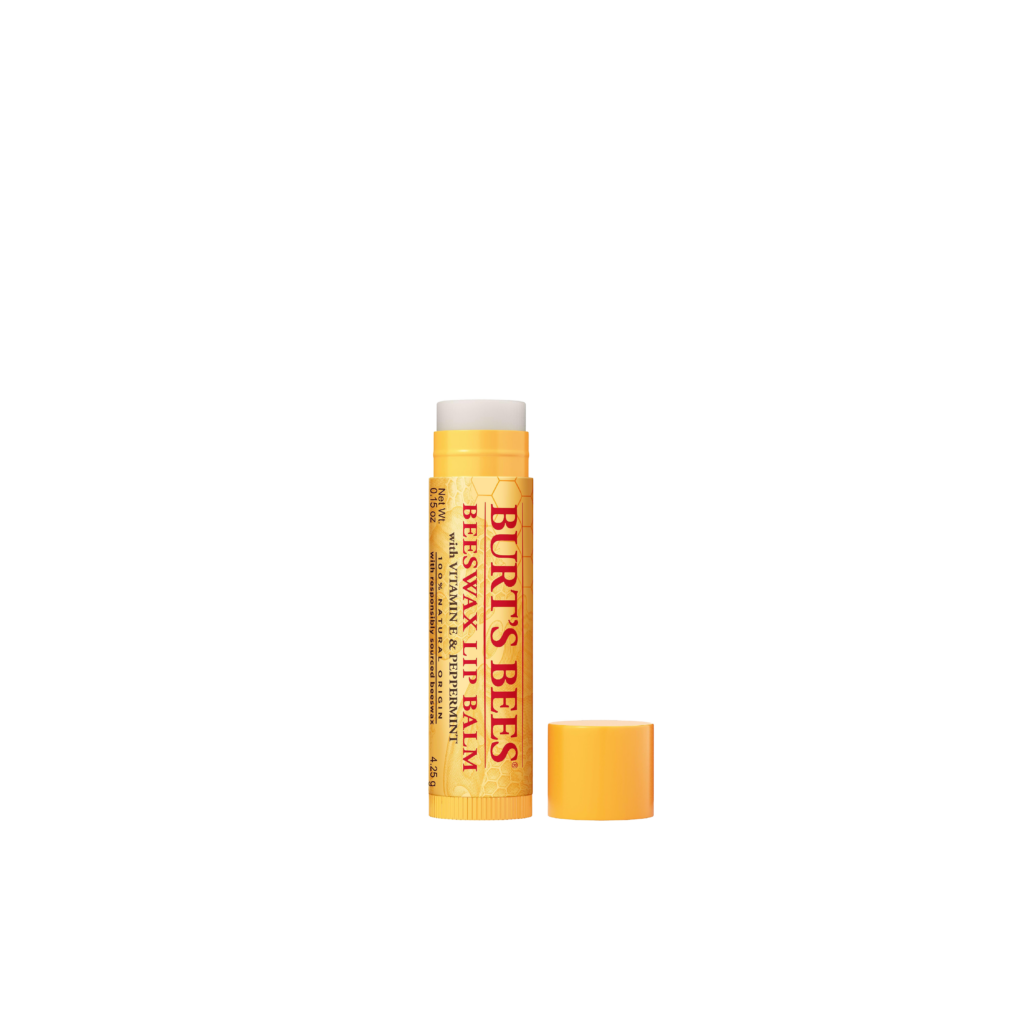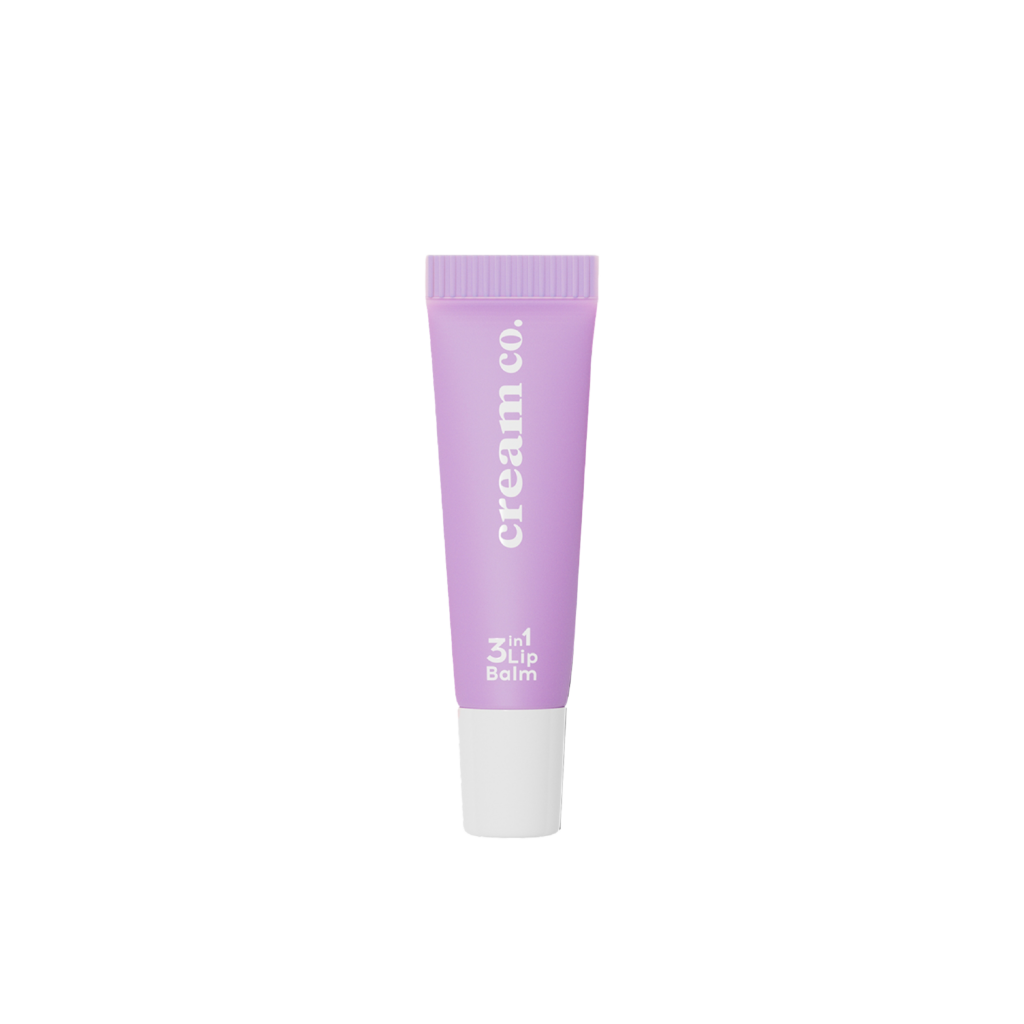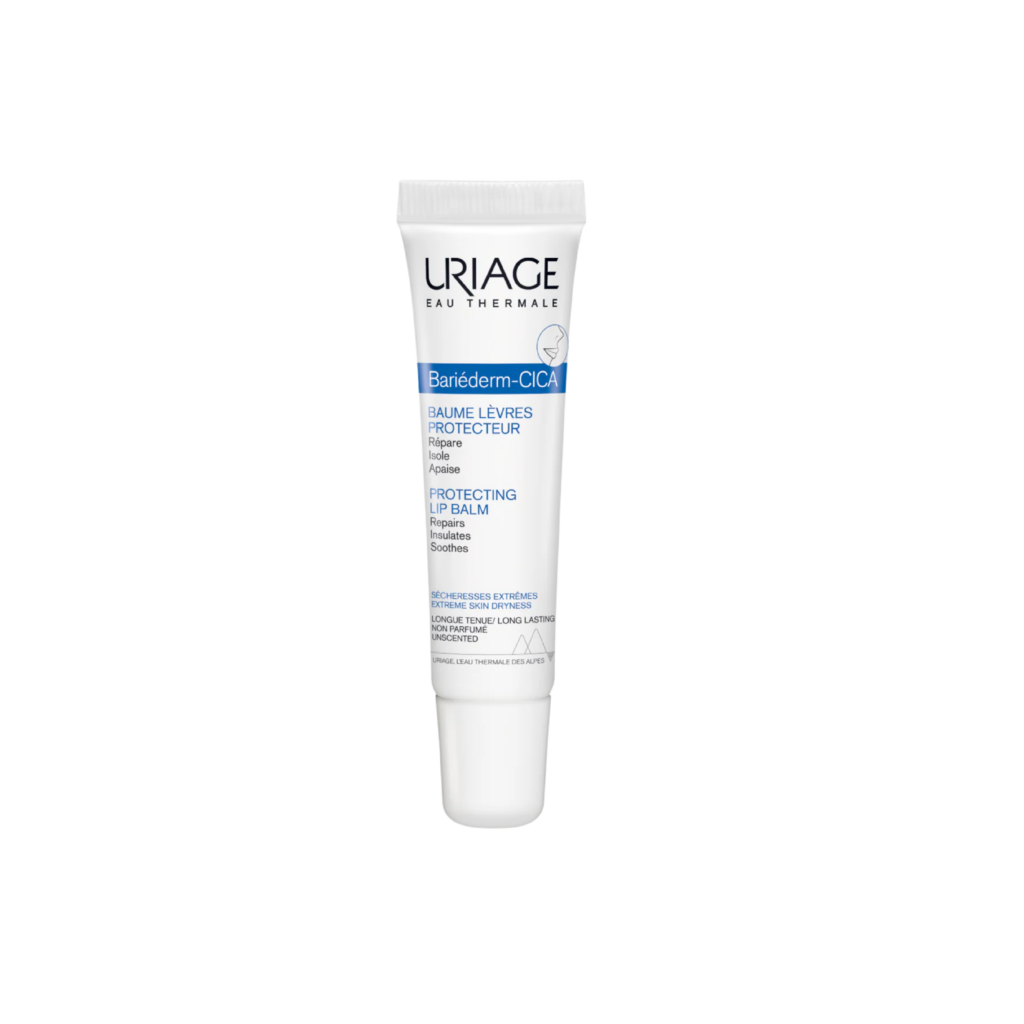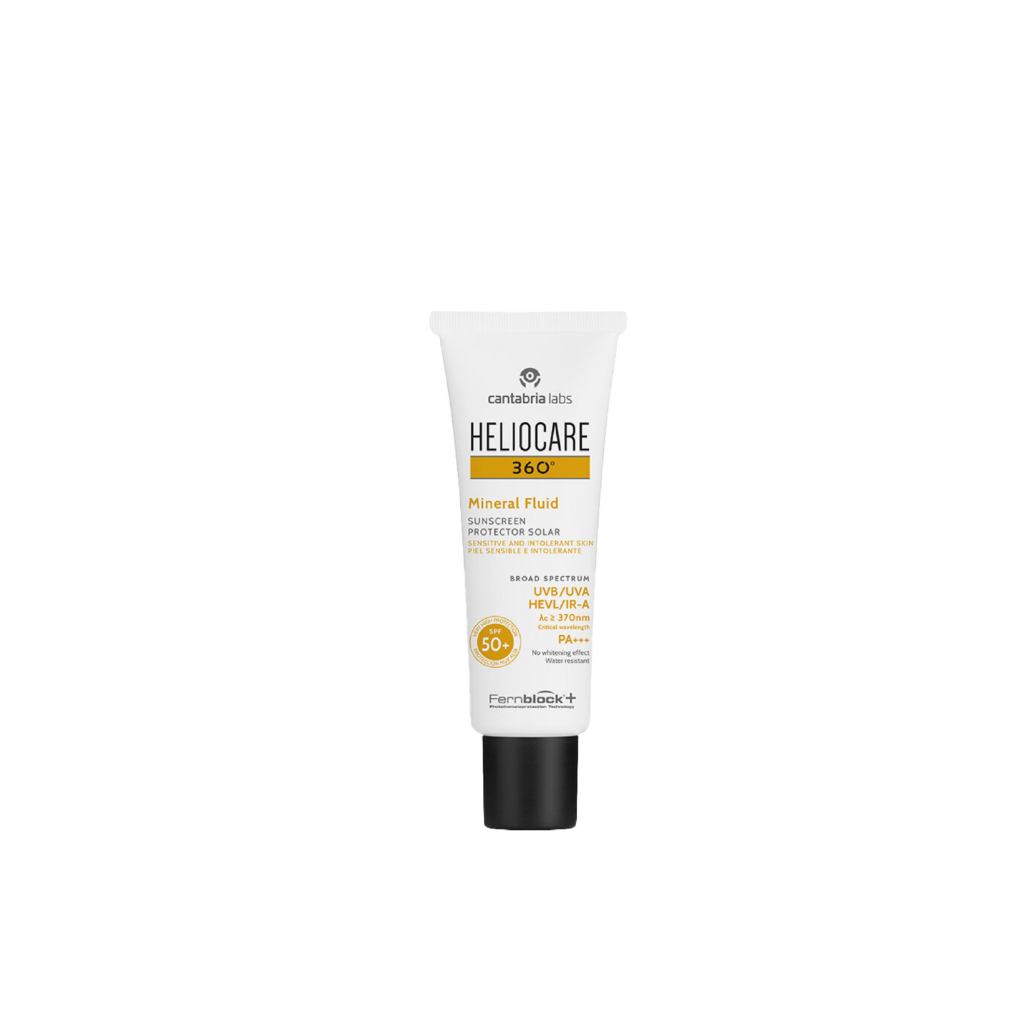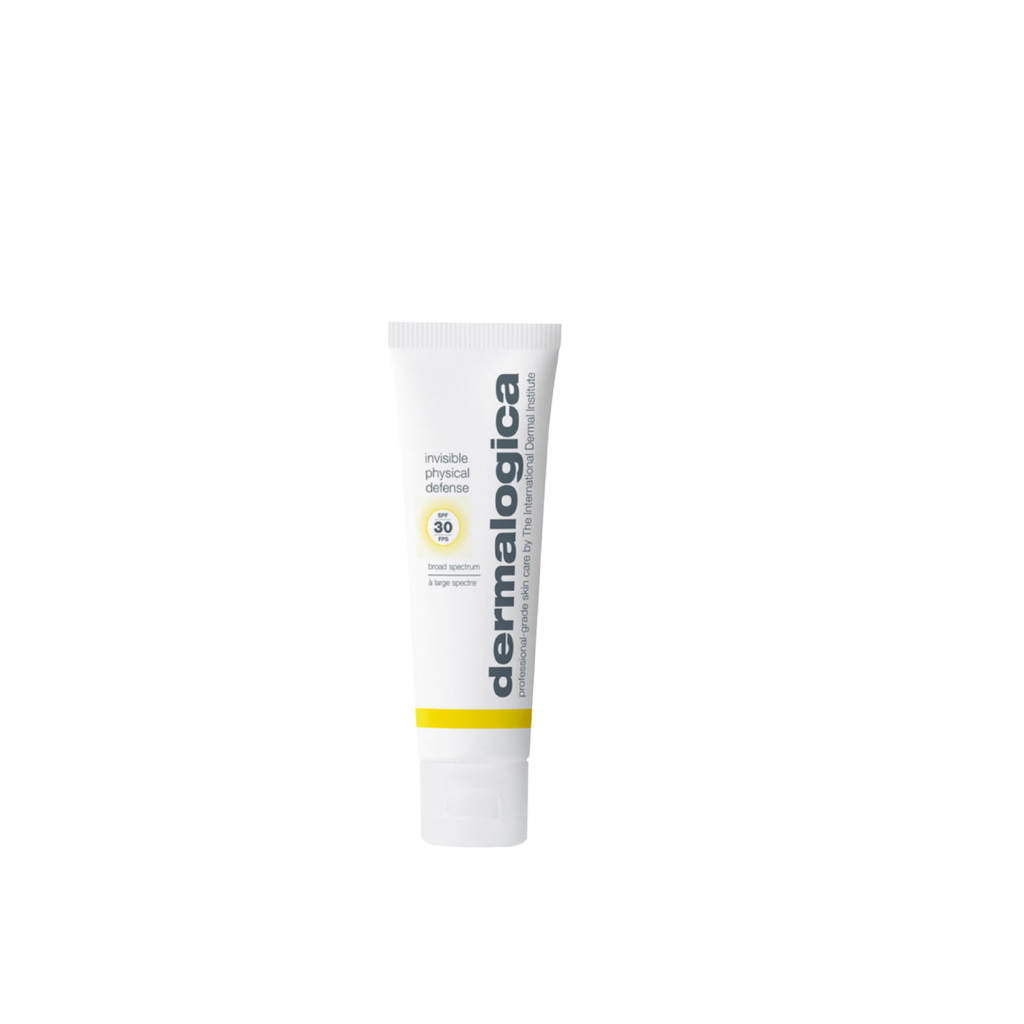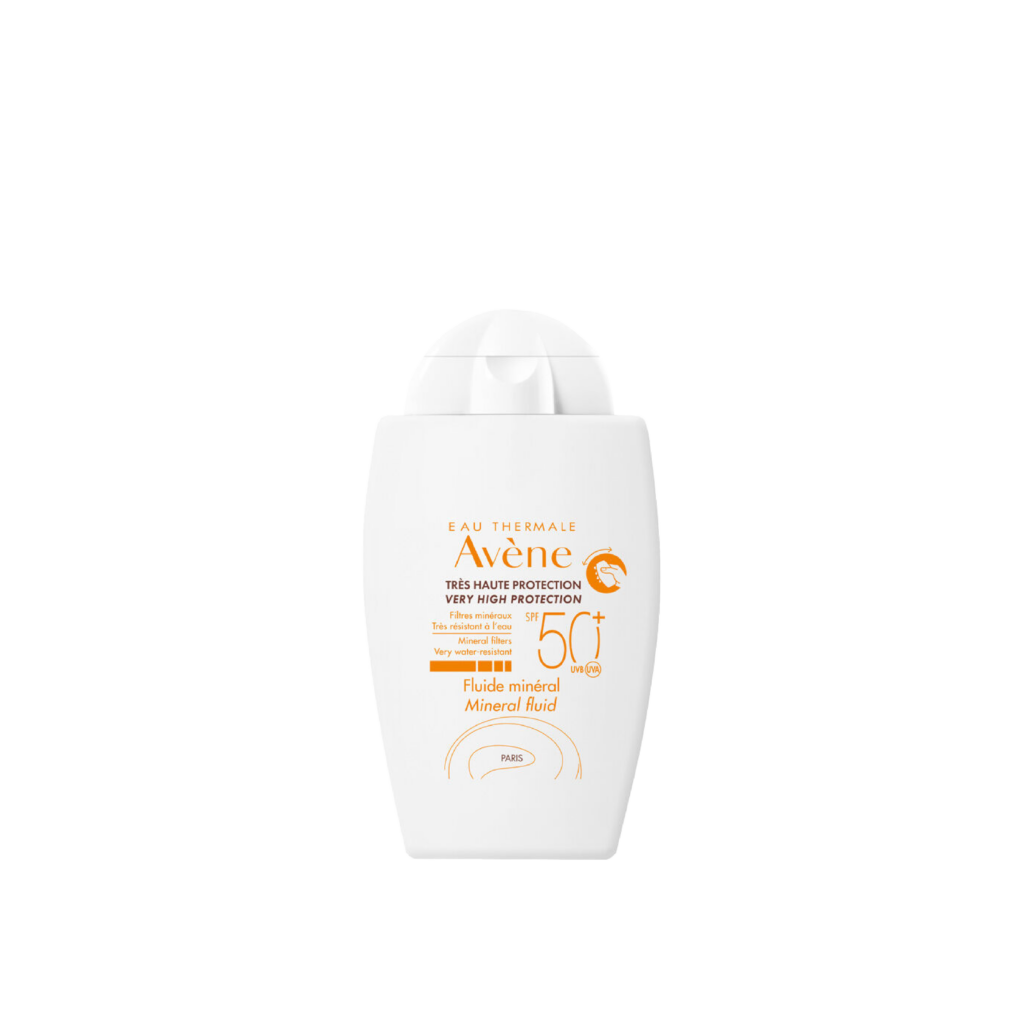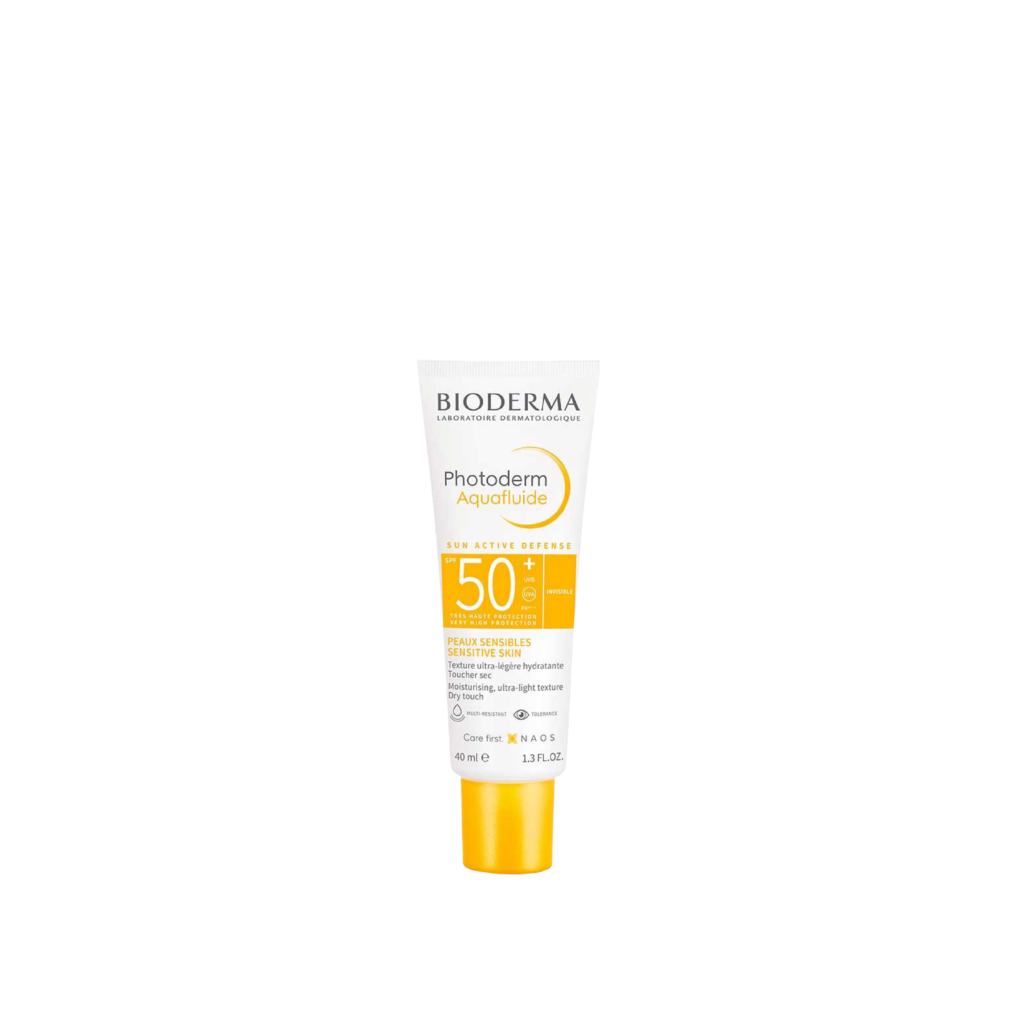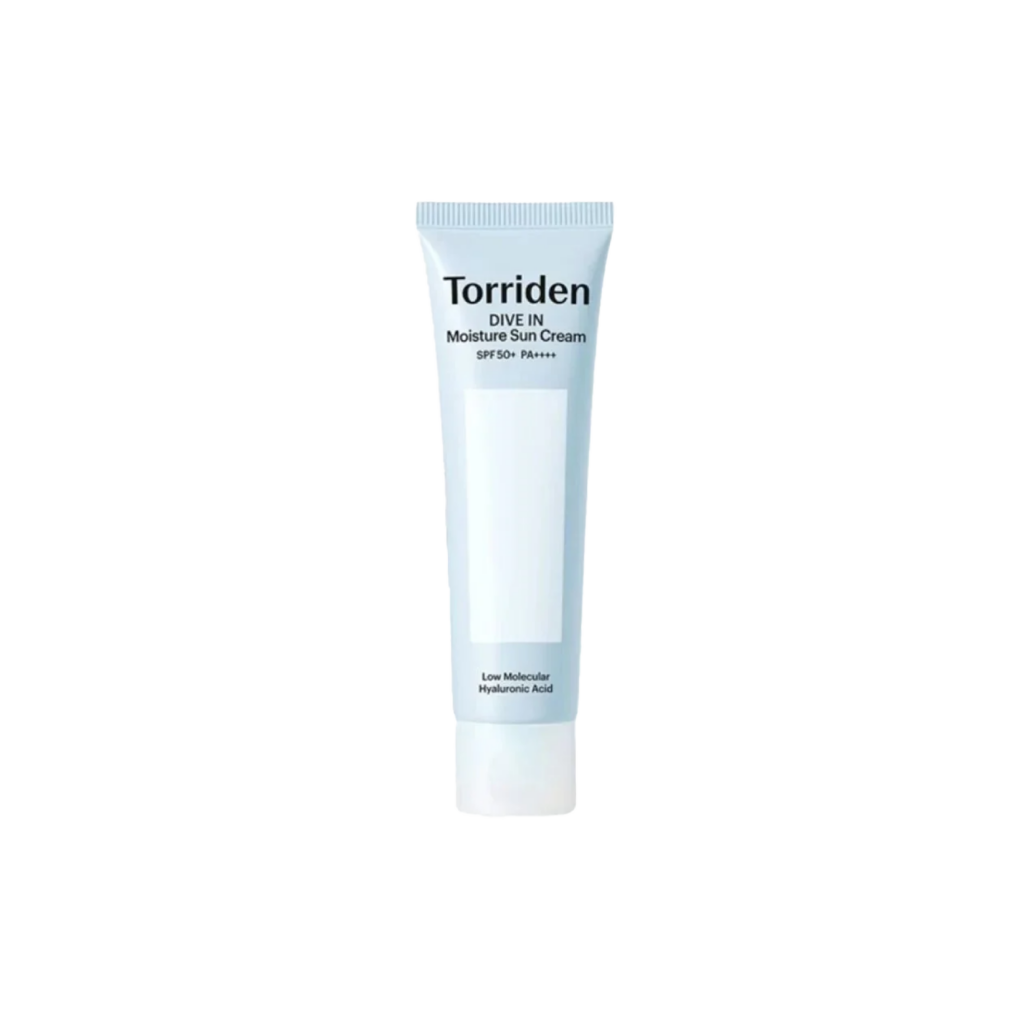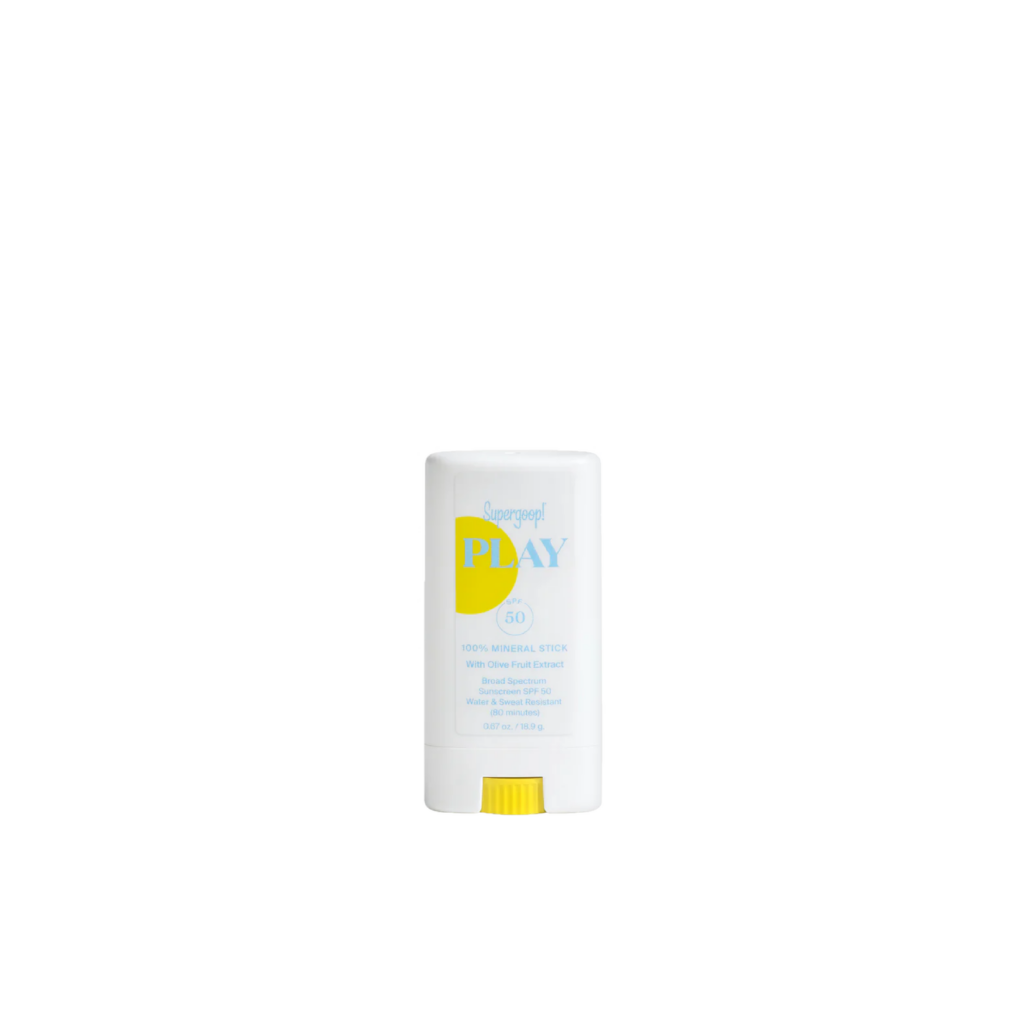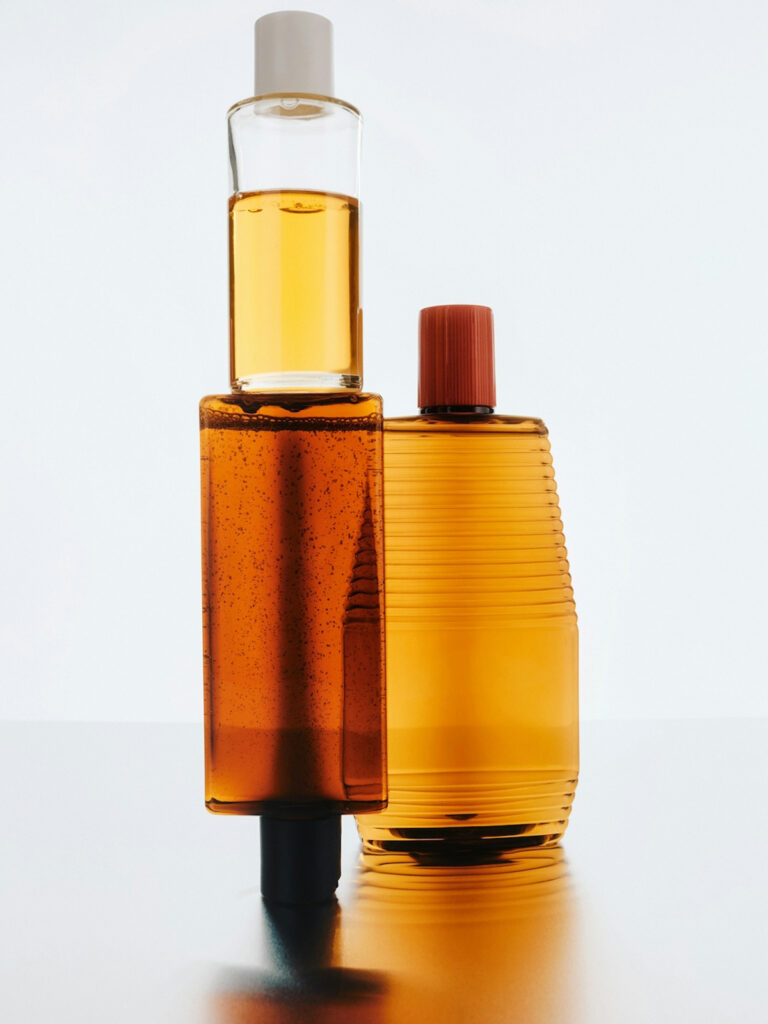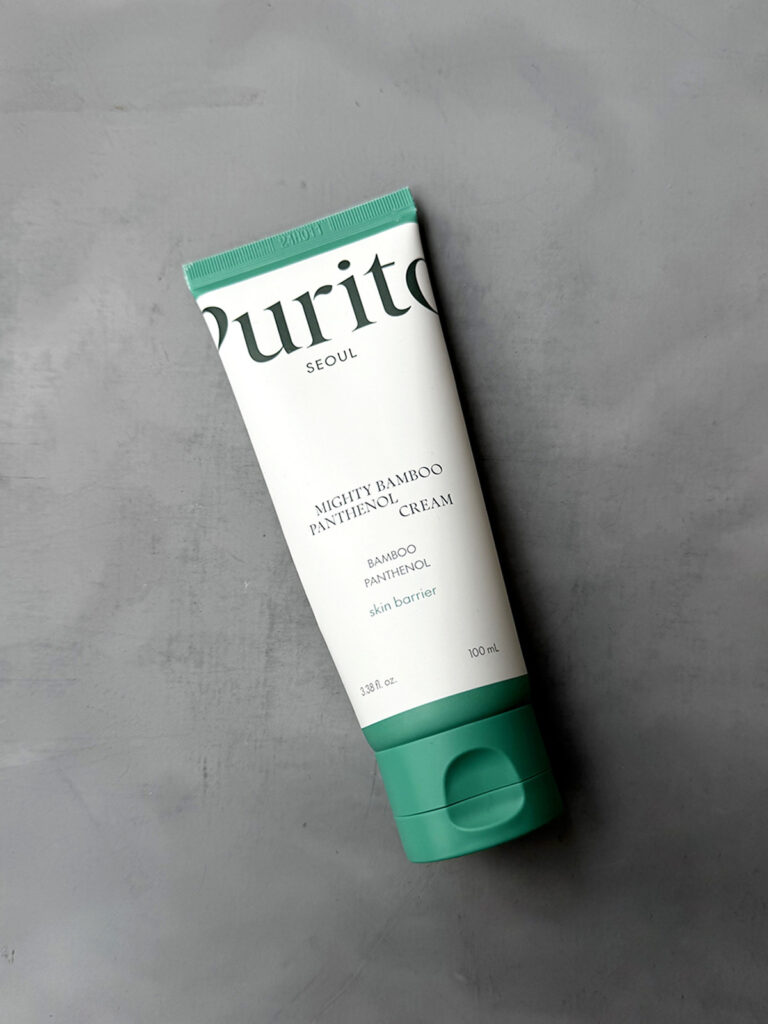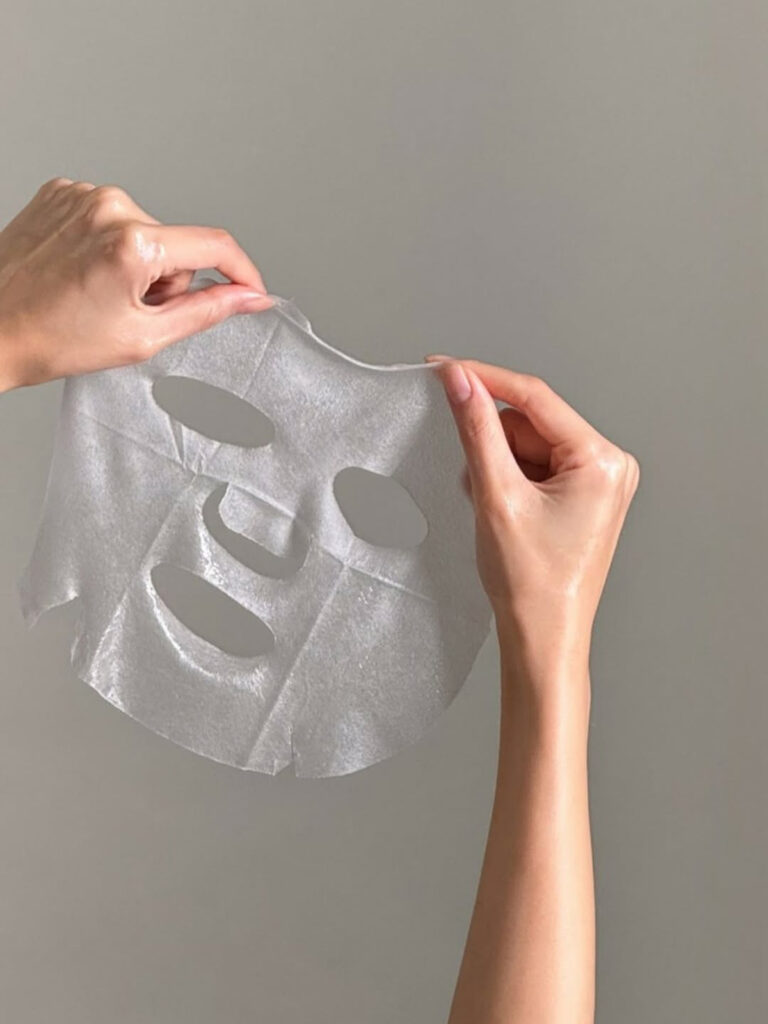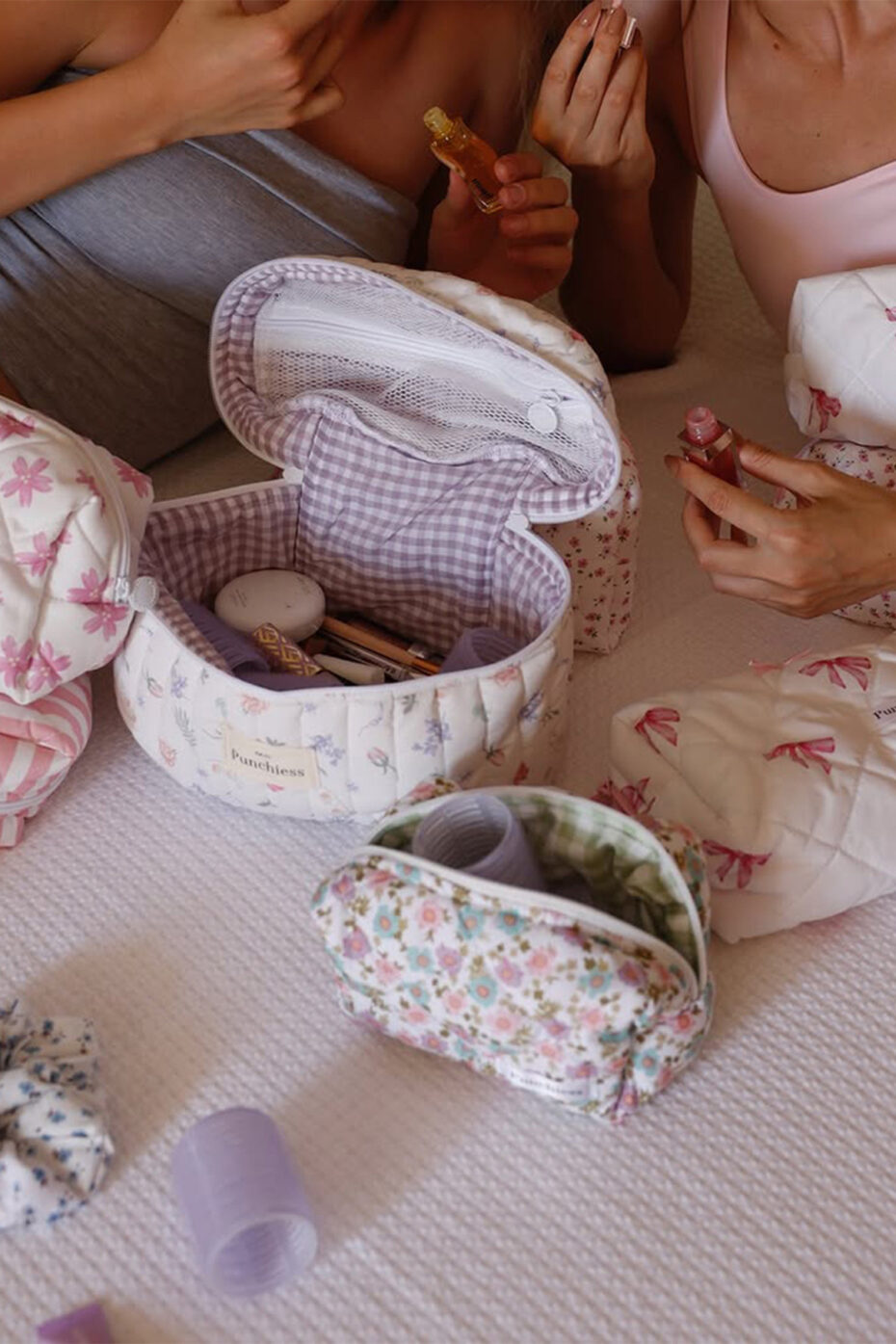
Photo: @punchiess.co / Instagram
Skin
The Skincare Guide Every Teen and Parent Needs
Navigating skincare as a teen—or as a parent trying to guide one—can feel like stepping into an overwhelming world of serums, trends, and expert jargon. What’s safe? What’s unnecessary? And what could actually do more harm than good? We break it all down.
Text Valerie Dayan
When I was five, I would watch my beautiful mother do her makeup with awe. TikTok didn’t exist, and to me, she was the ultimate influencer. I wanted everything she used: the eyeshadow palettes, the fragrant blushes, the maroon lipsticks, and especially the fluffy brushes. More than anything, I wanted to mimic her gestures and feel part of that magical, feminine world. I remember her explaining that her products weren’t for my use and buying me a playful faux makeup set instead, which perfectly satisfied my juvenile curiosity. As I grew older, my fascination with cosmetics deepened, and my inspiration shifted to magazines like CosmoGirl and Seventeen. These became my guides for discovering age-appropriate products like glitter body rolls, colorful hair mascaras, and light fragrances.
Today, teens are discovering beauty through social media—especially TikTok. The inspiration available is vast and powerful, with endless beauty content and influencers showcasing routines and must-have products. With so many incredible brands and viral trends, it’s easy to understand the desire to try out beauty products. Honestly, if TikTok had existed during my teenage years, I’d probably have been rushing to Sephora after school, too. However, the challenge lies in the type of content circulating online. Much of it focuses on advanced routines and products that aren’t designed for adolescent skin, creating unnecessary cravings for ingredients like retinol, peptides, vitamin C, and harsh exfoliants (high-percentage AHAs and BHAs). Even worse, these ingredients can harm young complexions instead of nurturing them. Other ingredients teens are better off avoiding include alcohol (especially denatured alcohol and SD alcohol 40), heavy oils like coconut oil, lanolin, and mineral oil, as well as advanced “anti-aging” ingredients (growth factors, stem cells, Matrixyl, and other advanced peptides), hydroquinone, essential oils, and synthetic dyes.
It’s understandable for parents to feel concerned—just as it’s natural for young people to feel excited about stepping into the beauty world. The key is finding a balanced approach. Instead of dismissing beauty products outright, taking an educational stance is far more effective. For instance, teaching adolescents the three pillars of skincare—cleansing, sun protection, and moisturizing—can set them up with healthy habits for life. Opting for gentle, fragrance-free formulations is crucial to avoid irritating young skin. Look for soothing, skin-friendly ingredients like hyaluronic acid, glycerin, and ceramides, which are perfect for hydration and supporting the skin barrier. You can explore these safe ingredients further in the Wonderflaw Glossary. In addition to the basics, sunscreen is non-negotiable. Choosing a broad-spectrum sunscreen with at least SPF 30 is essential to protect young skin, and mineral sunscreens with zinc oxide or titanium dioxide are often gentler on sensitive complexions.
If teens want to bring an element of fun and self-care into their routines, they can explore lip balms, hydrating face masks, body care products, or face mists—especially an all-natural Turkish rose water. These products provide a sense of indulgence without overwhelming the skin and can encourage a positive connection to self-care. Ingredients like aloe vera, panthenol, and green tea extract are great options for calming and hydrating the skin.
When it comes to specific skin concerns, such as acne or eczema, consulting a dermatologist is the safest and most effective way to determine the right products and treatments. And for those experimenting with makeup, proper makeup removal is key. A gentle micellar water is a beginner-friendly option that cleanses without stripping the skin. Finally, patch testing new products can help prevent unexpected irritation and ensure the products are safe for young, sensitive skin.
With this in mind, here are my recommendations for parents and adolescents looking to explore the beauty world together in a safe and enjoyable way.
Face care for normal skin types
Face mists
For acne prone skin
Editor’s note: Please consult a dermatologist in severe cases.
Body care
Lip balms
Sunscreens


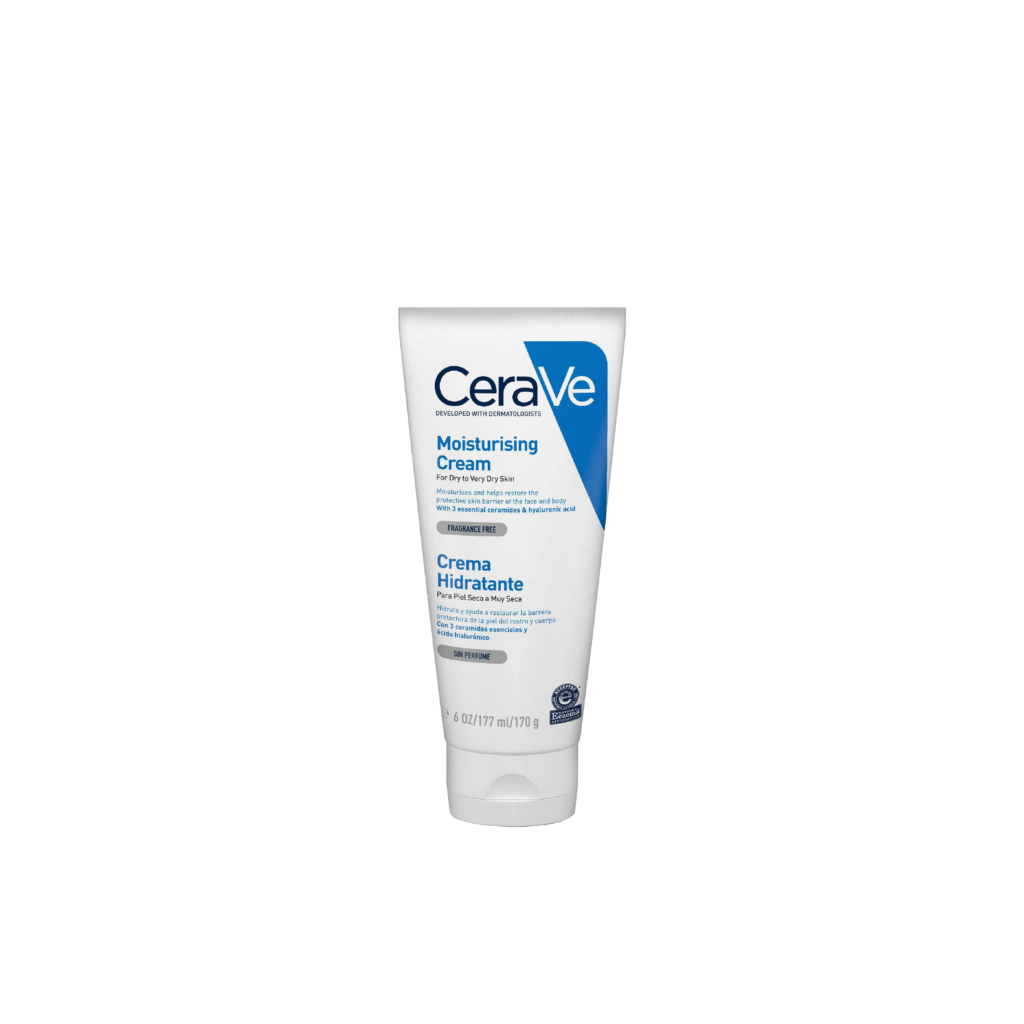
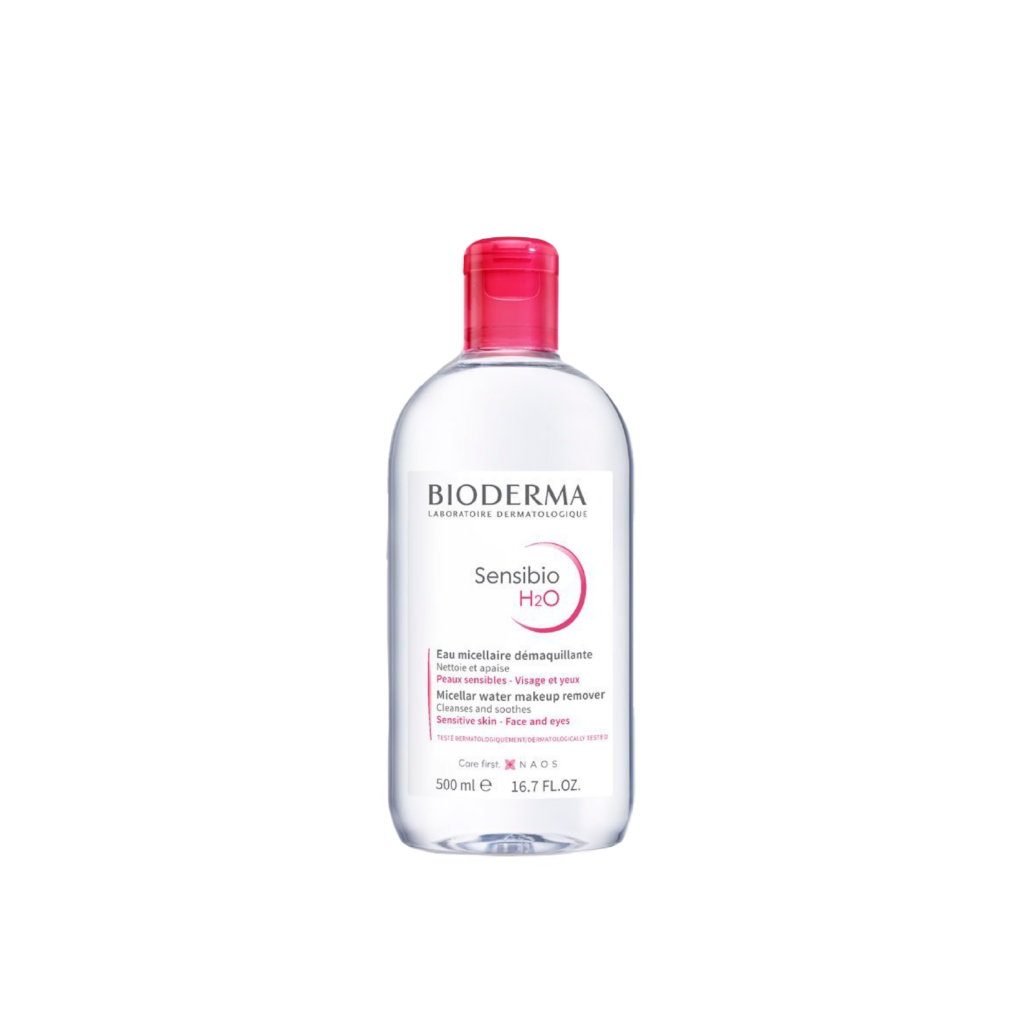
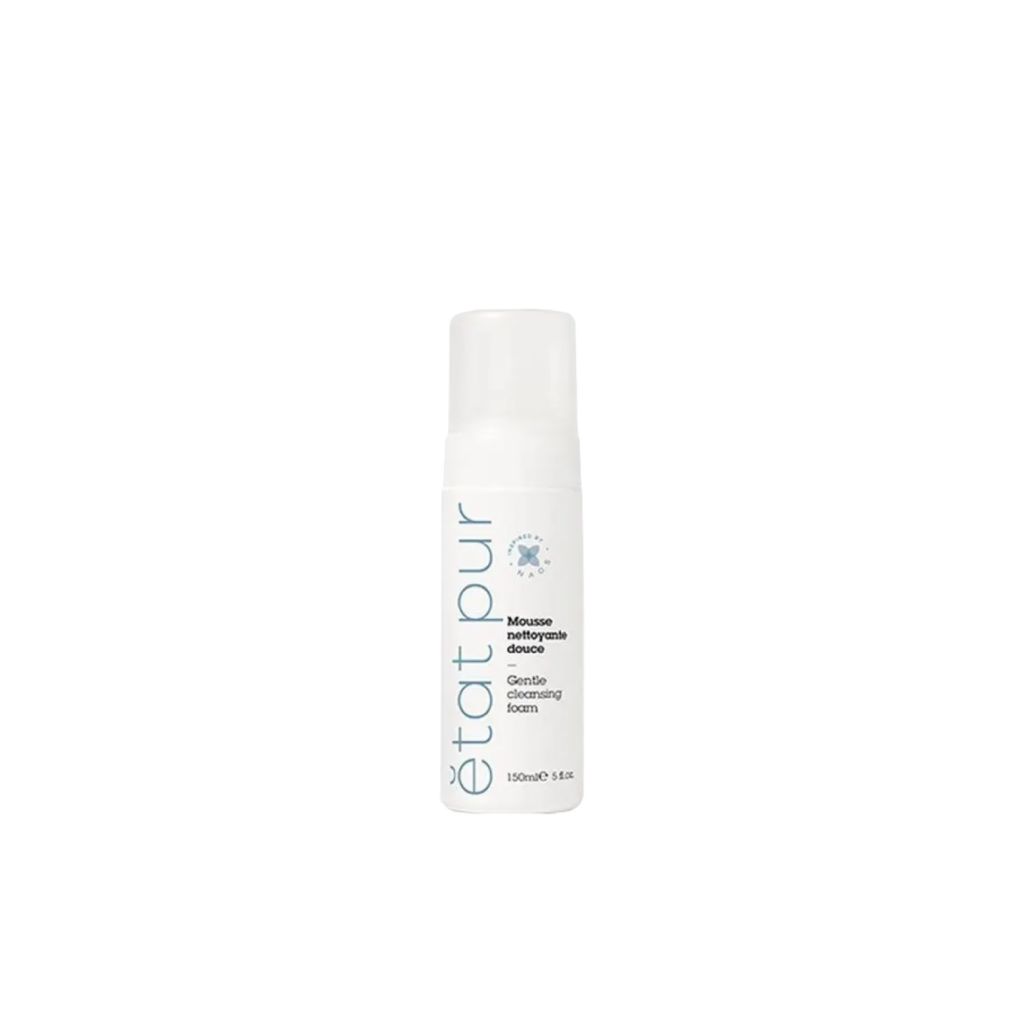
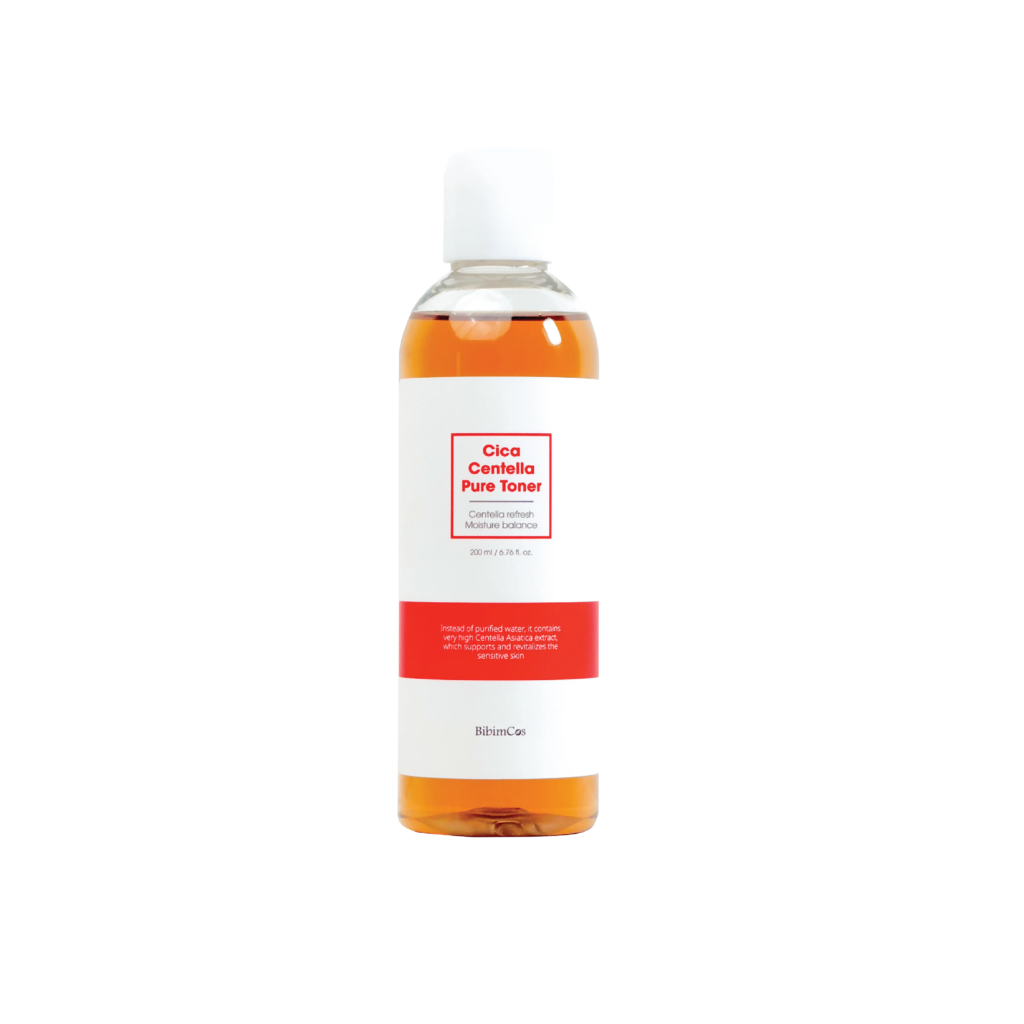
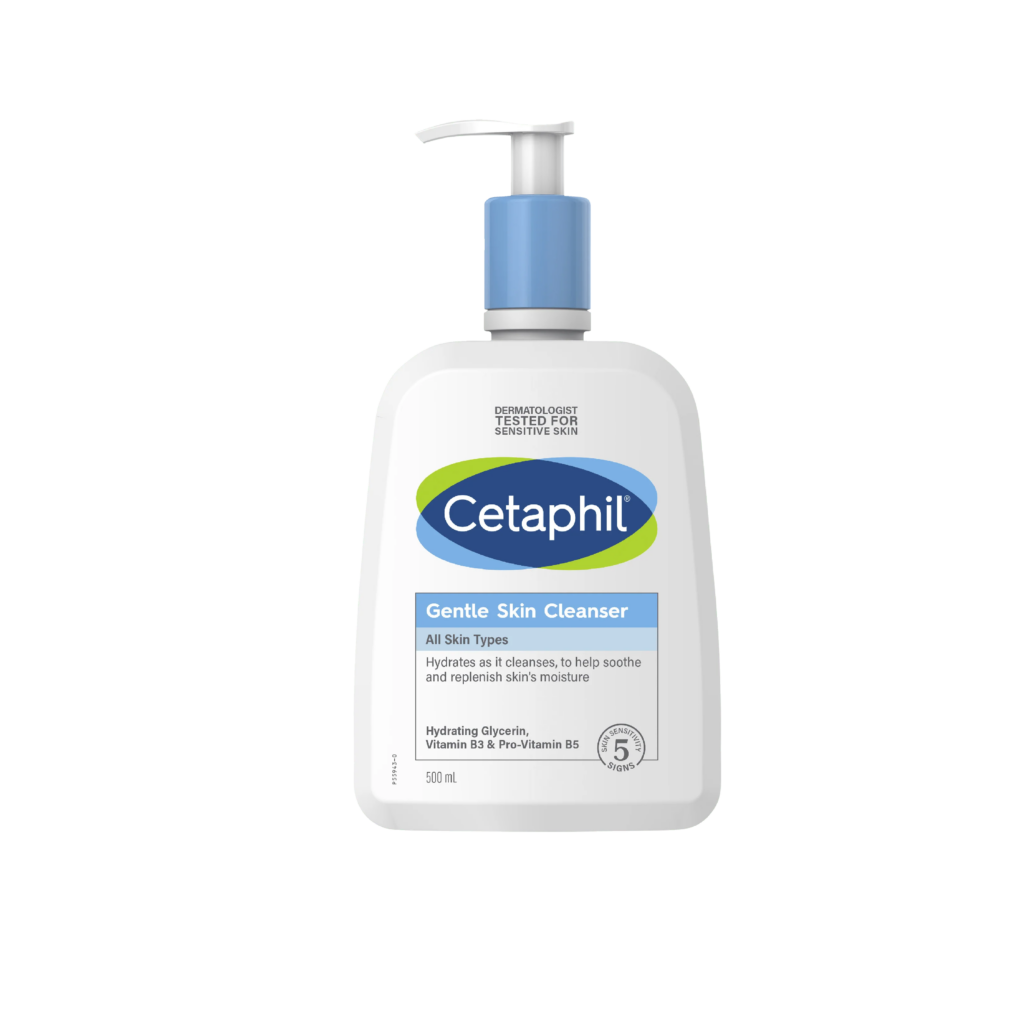
 Previous
Previous
